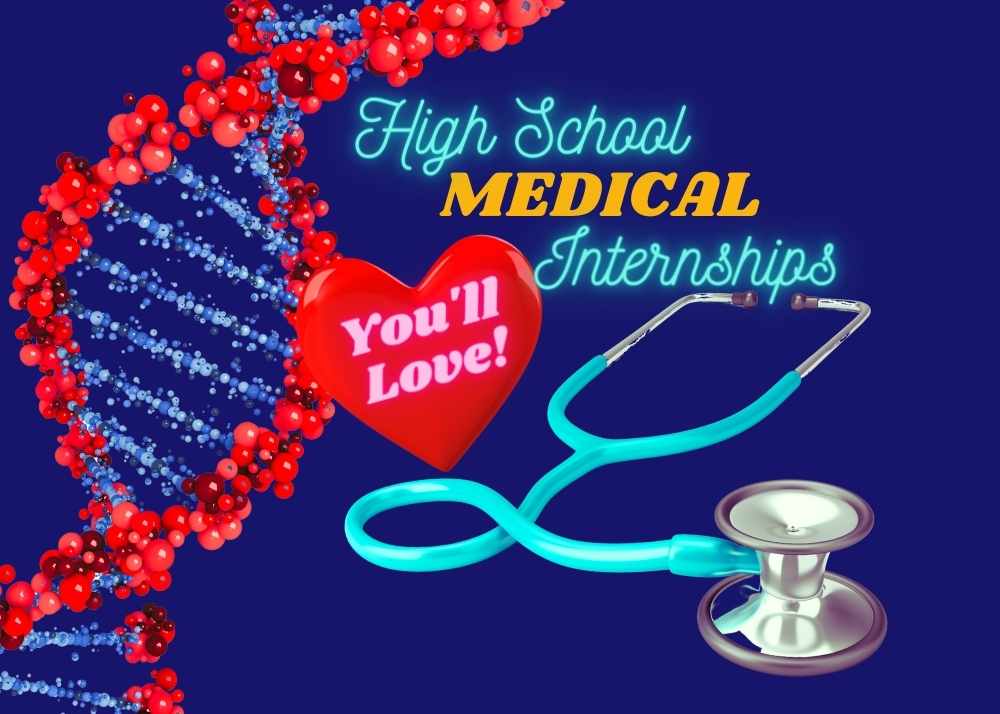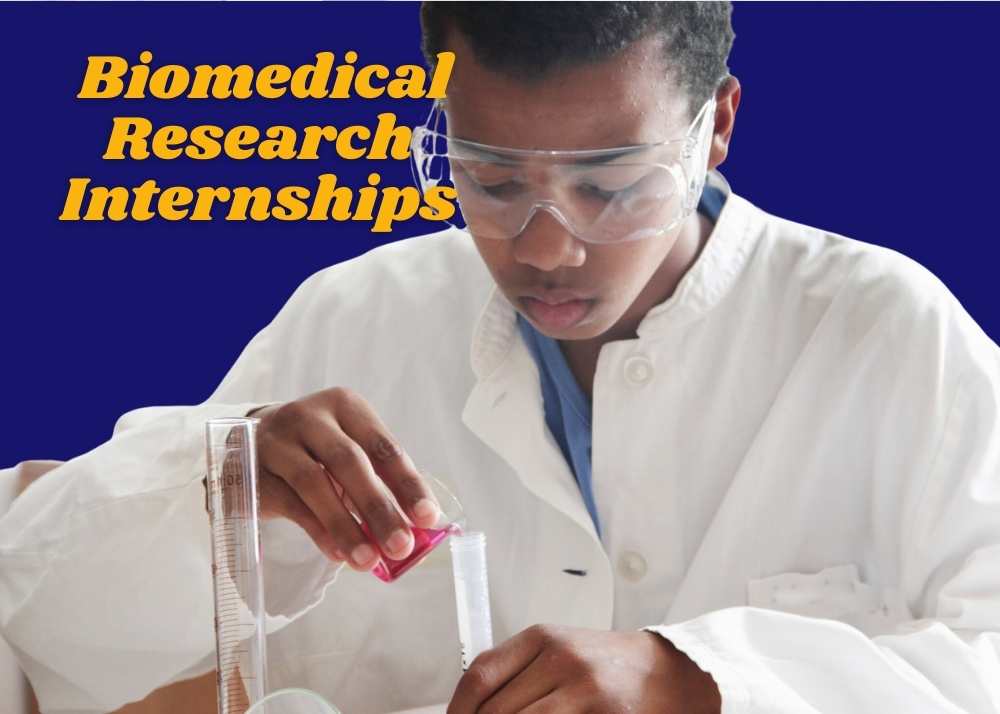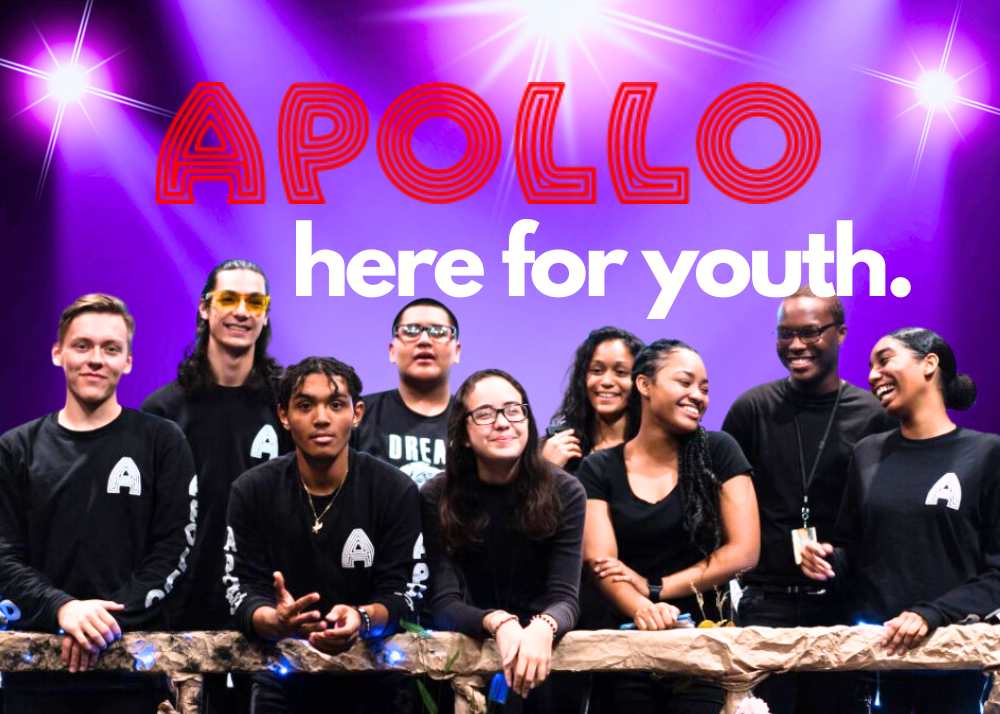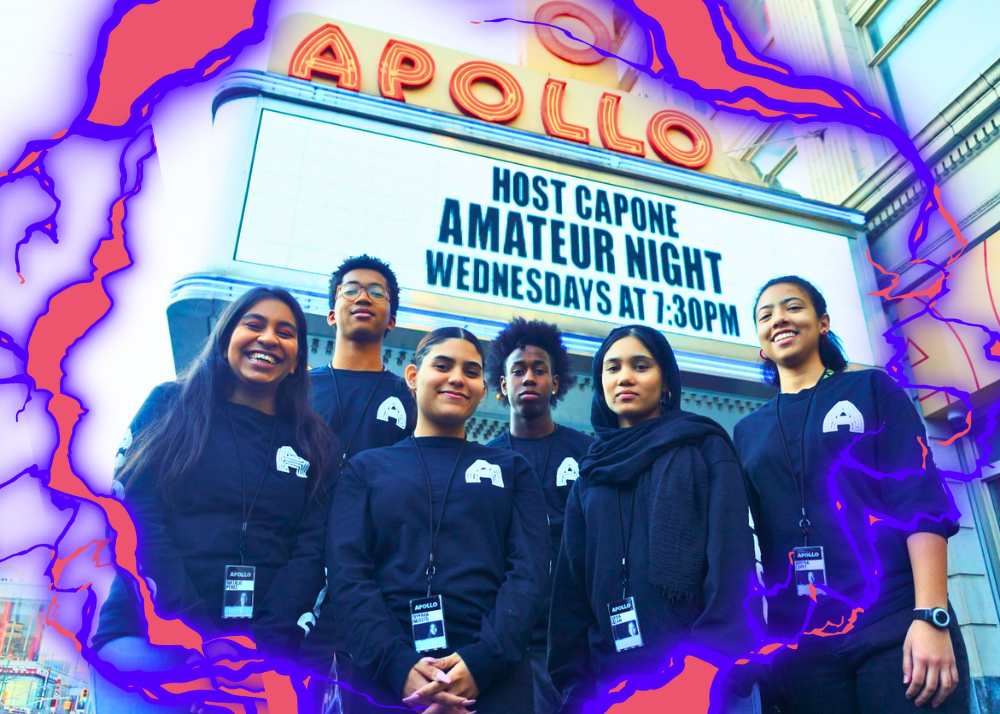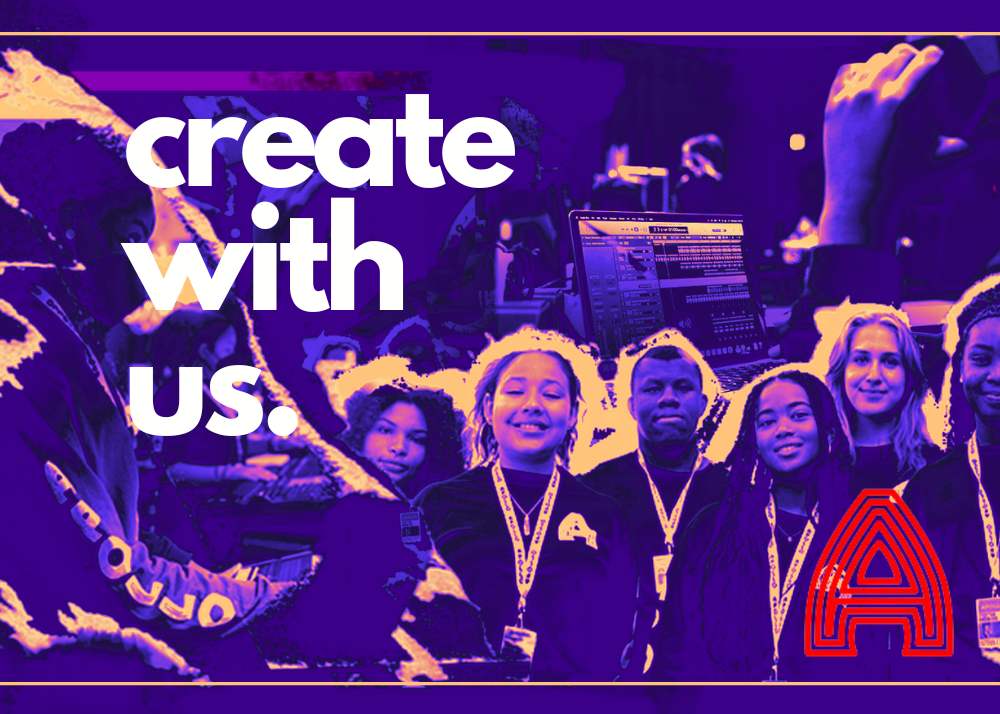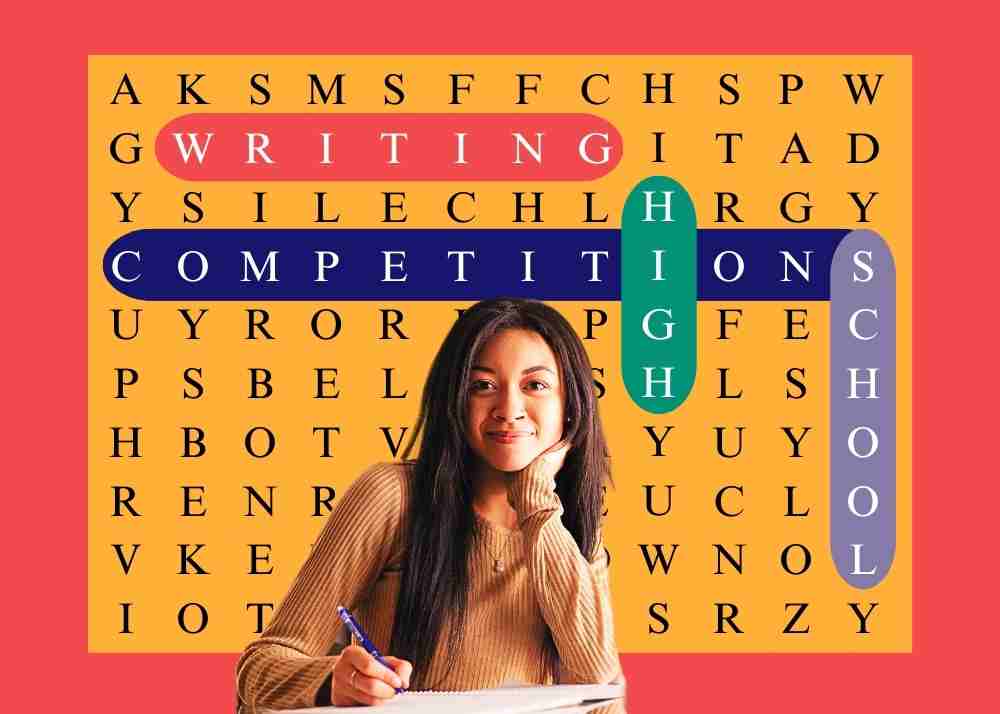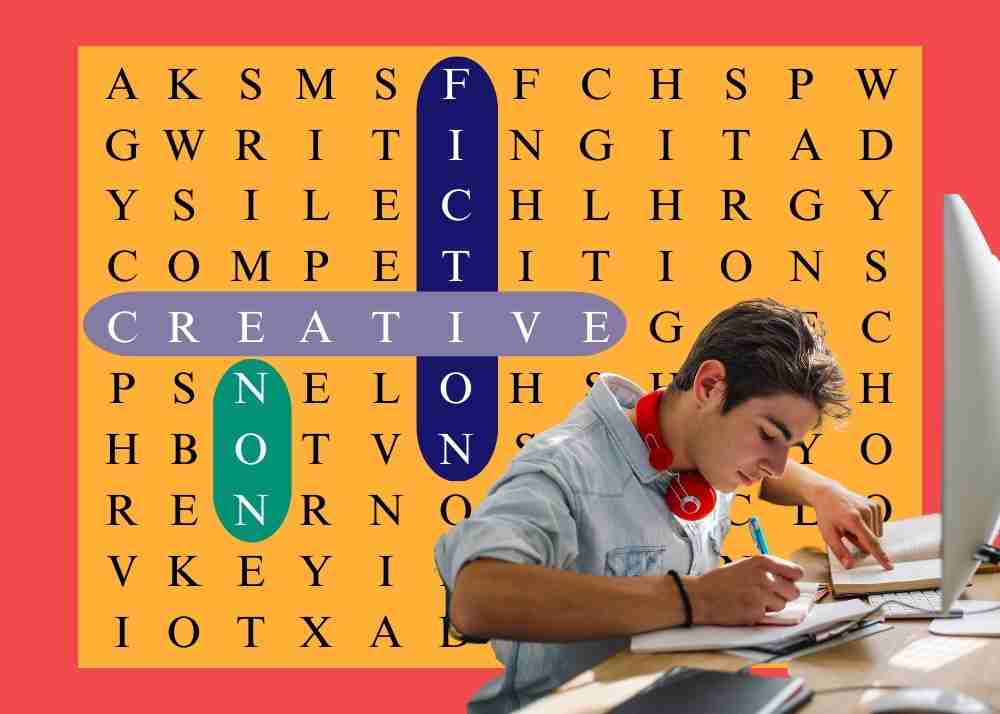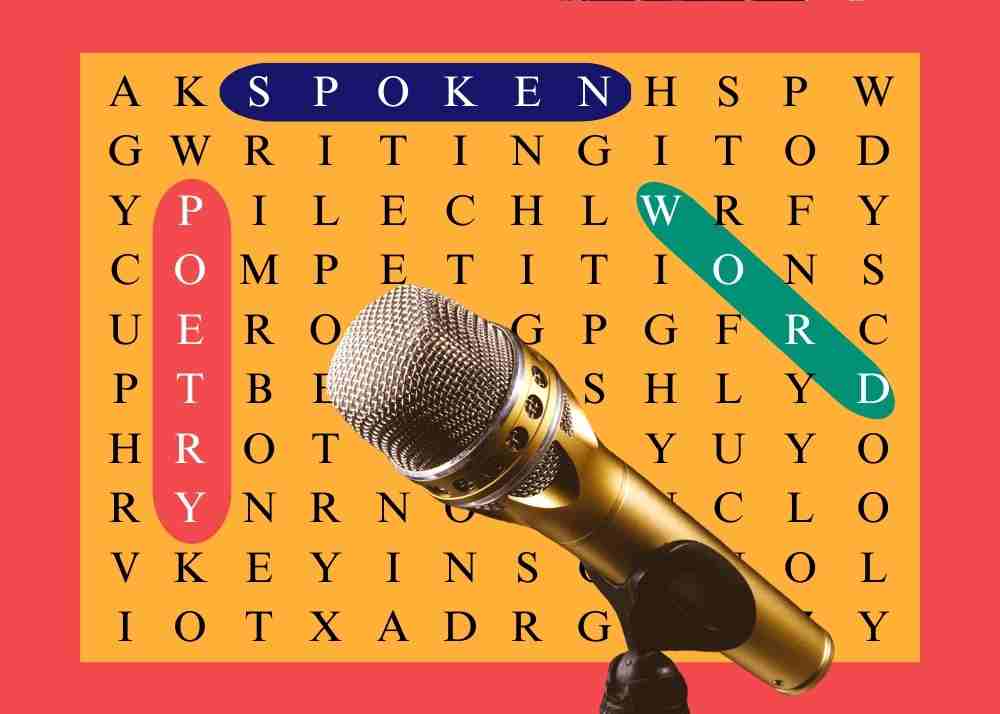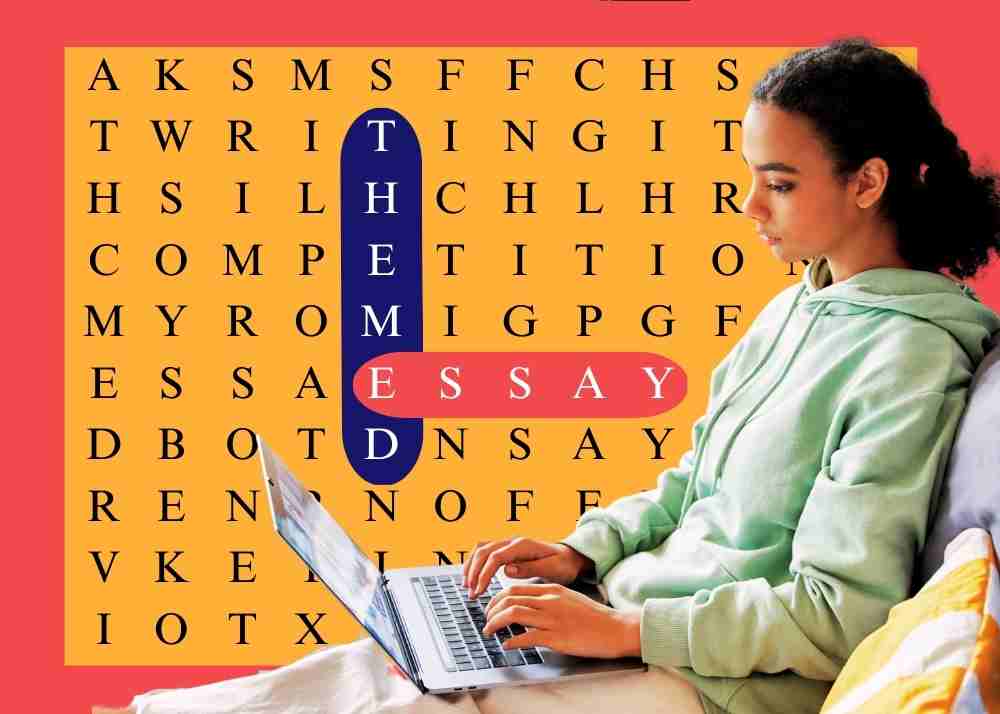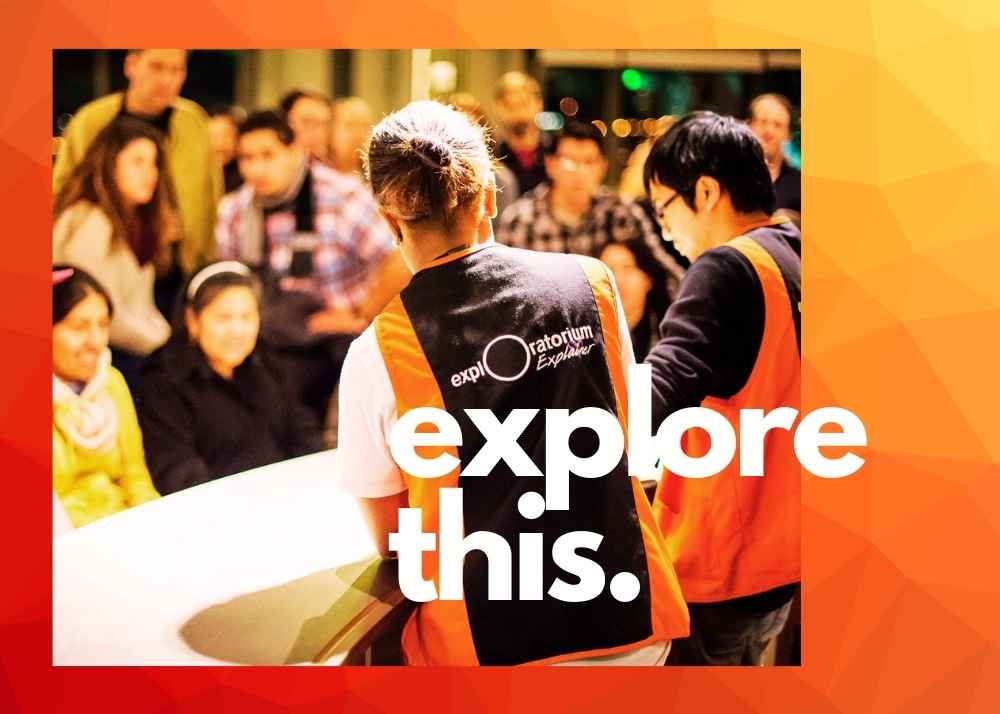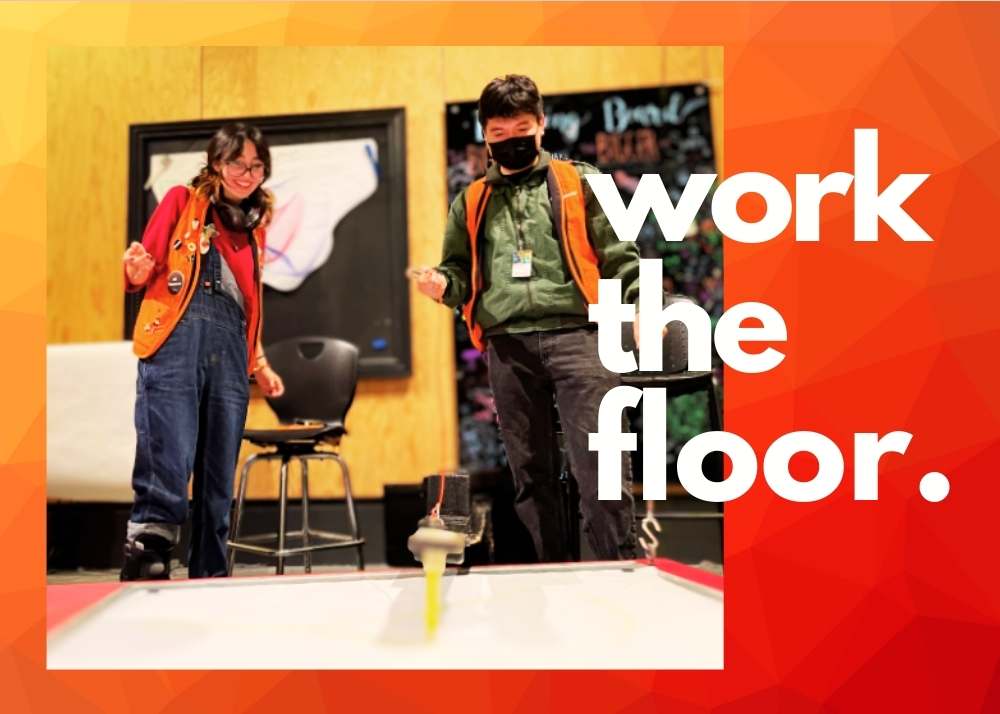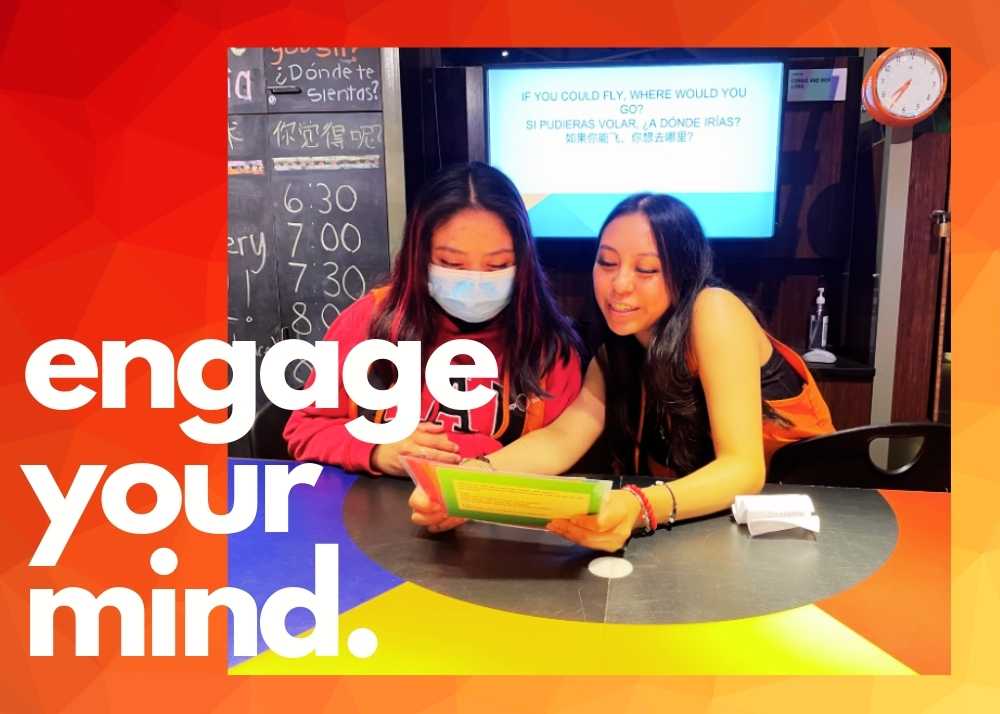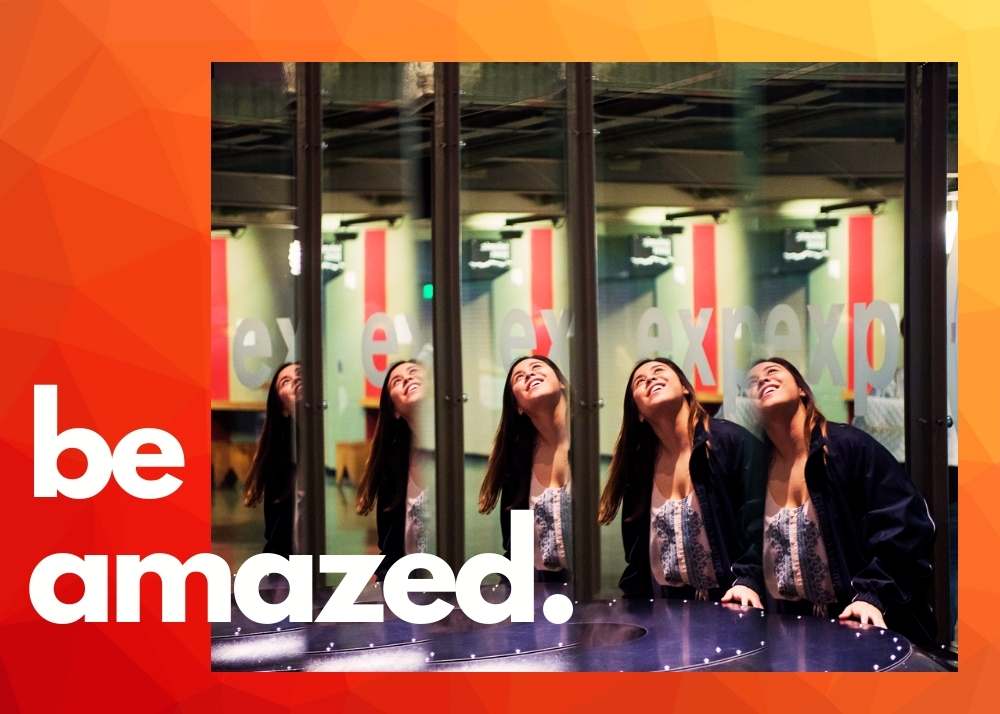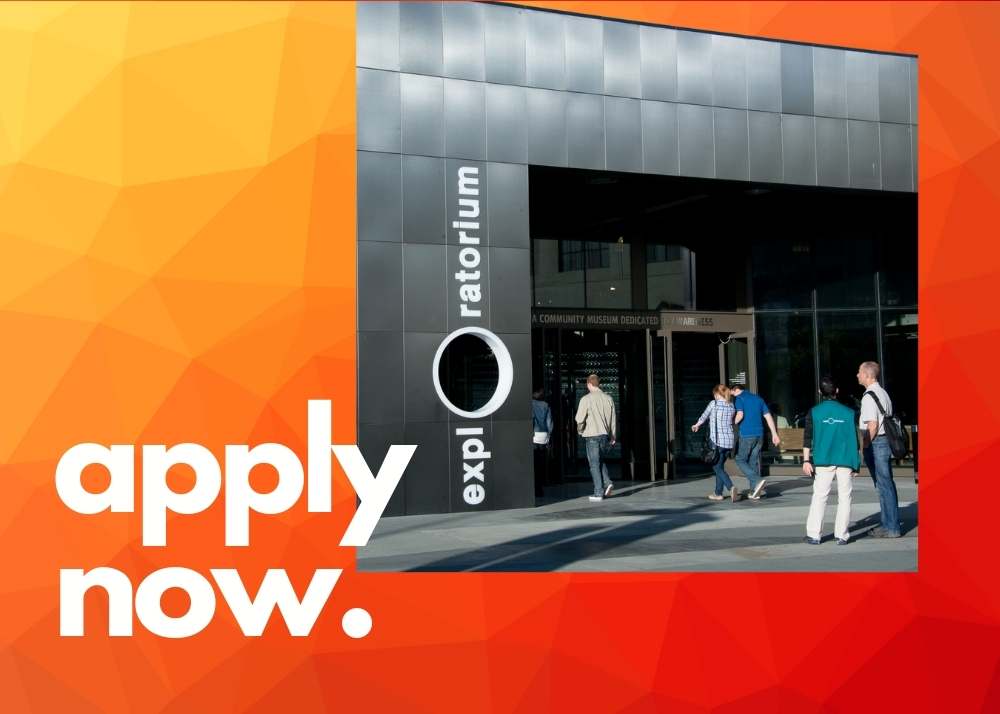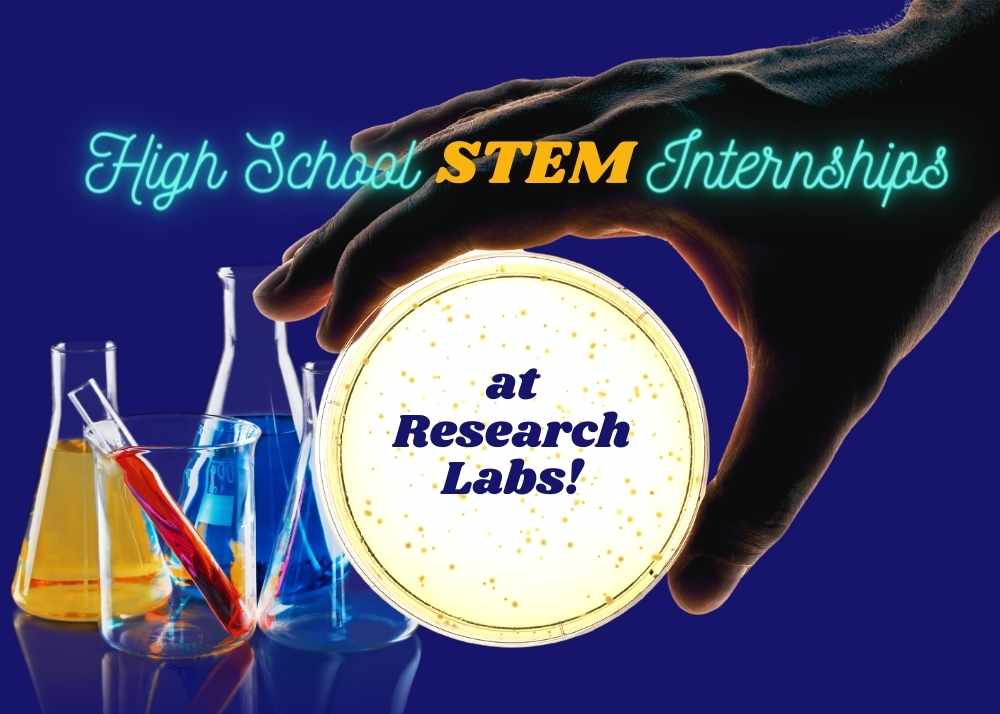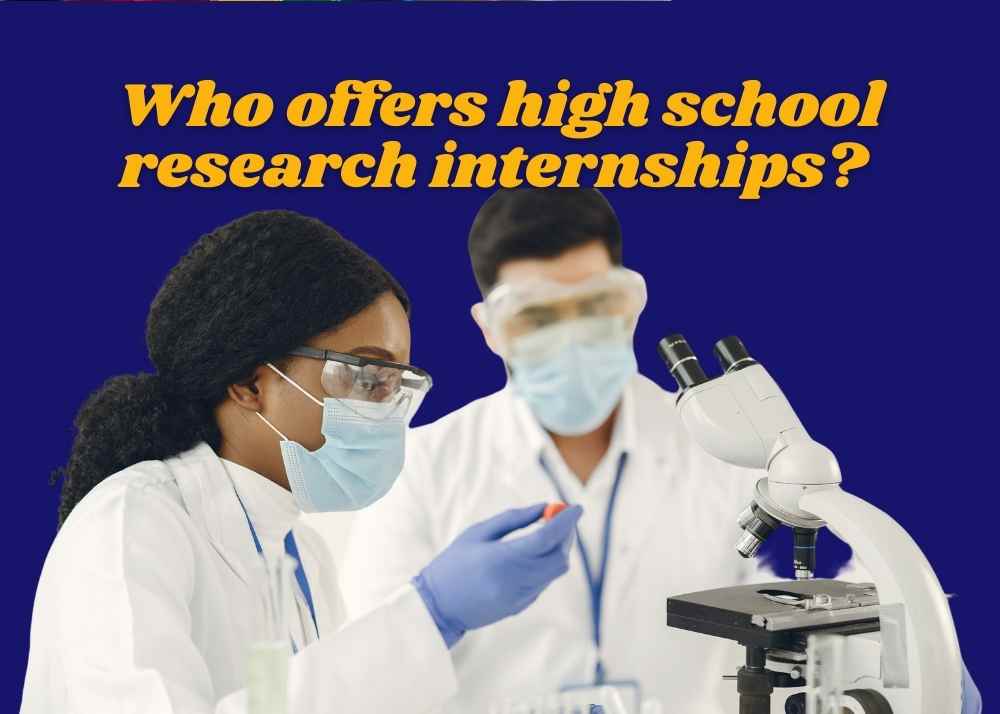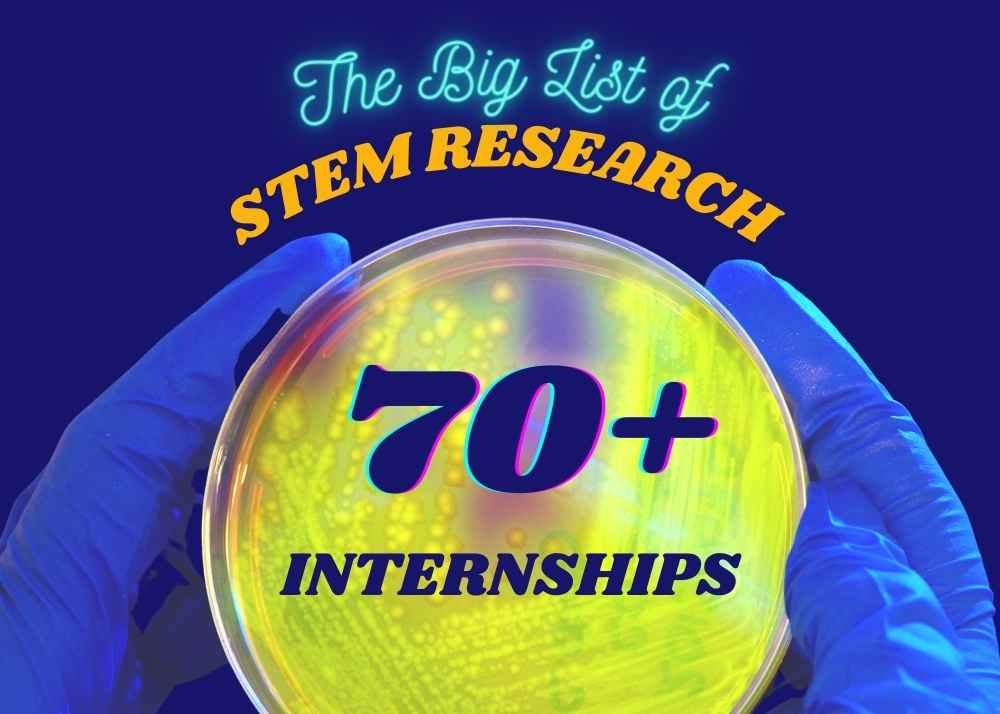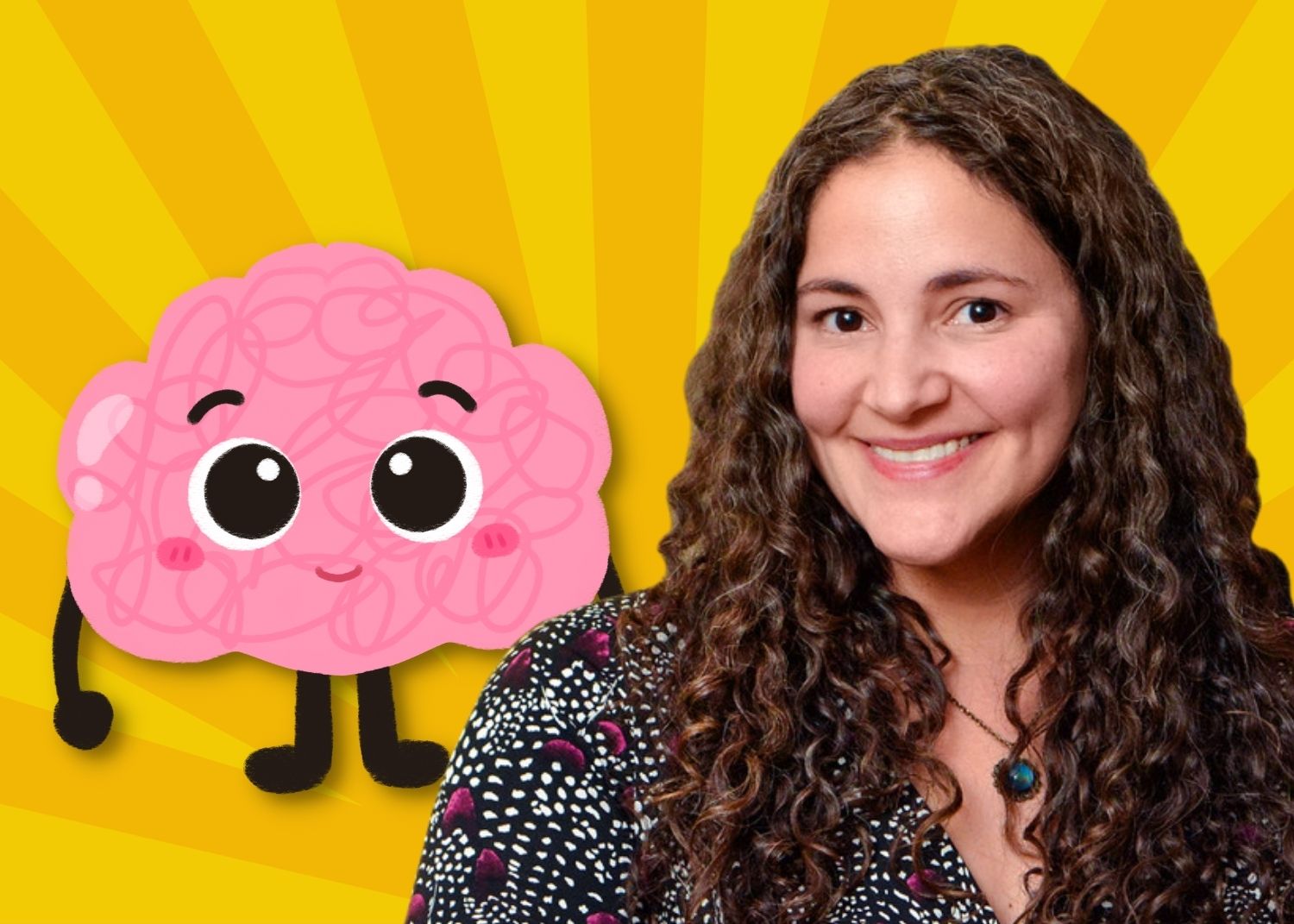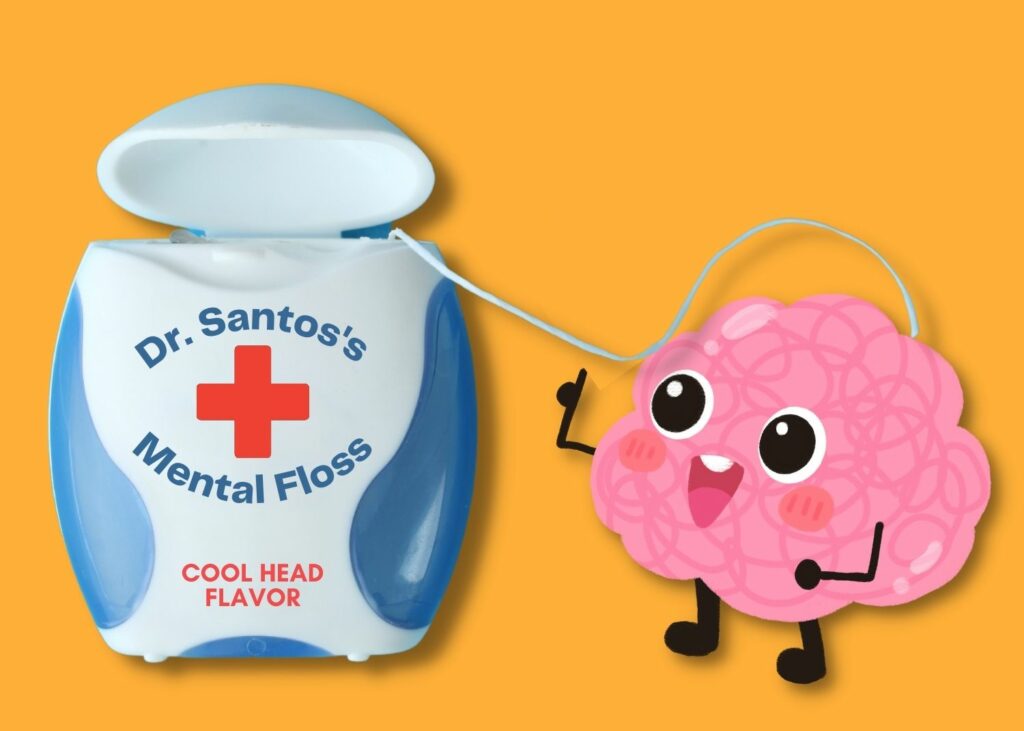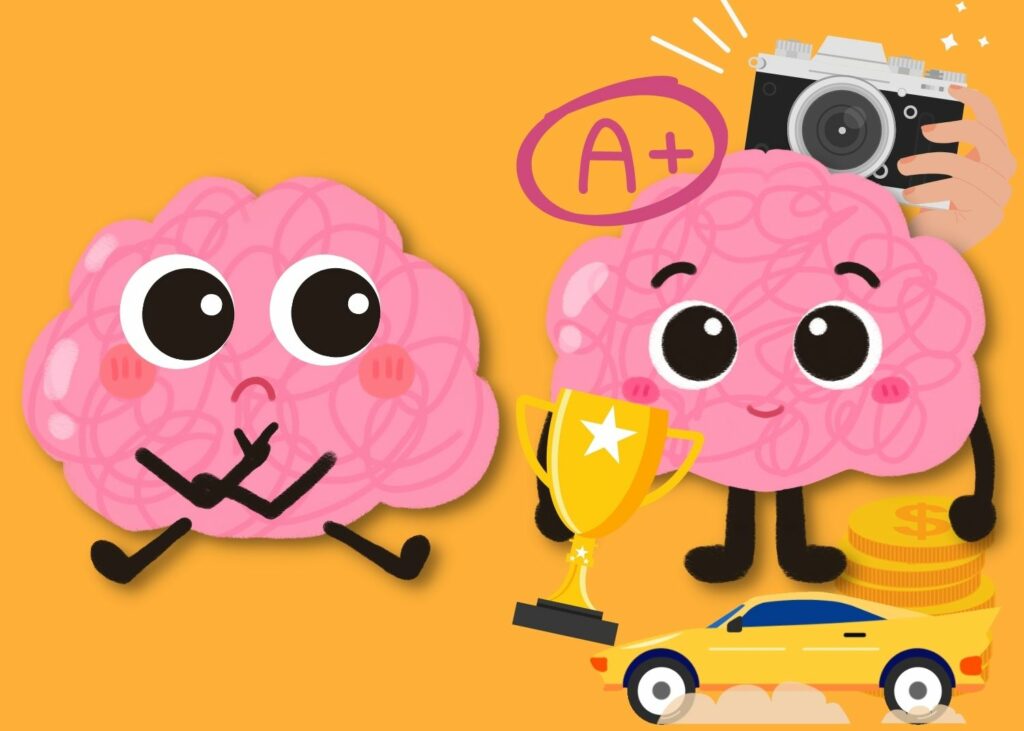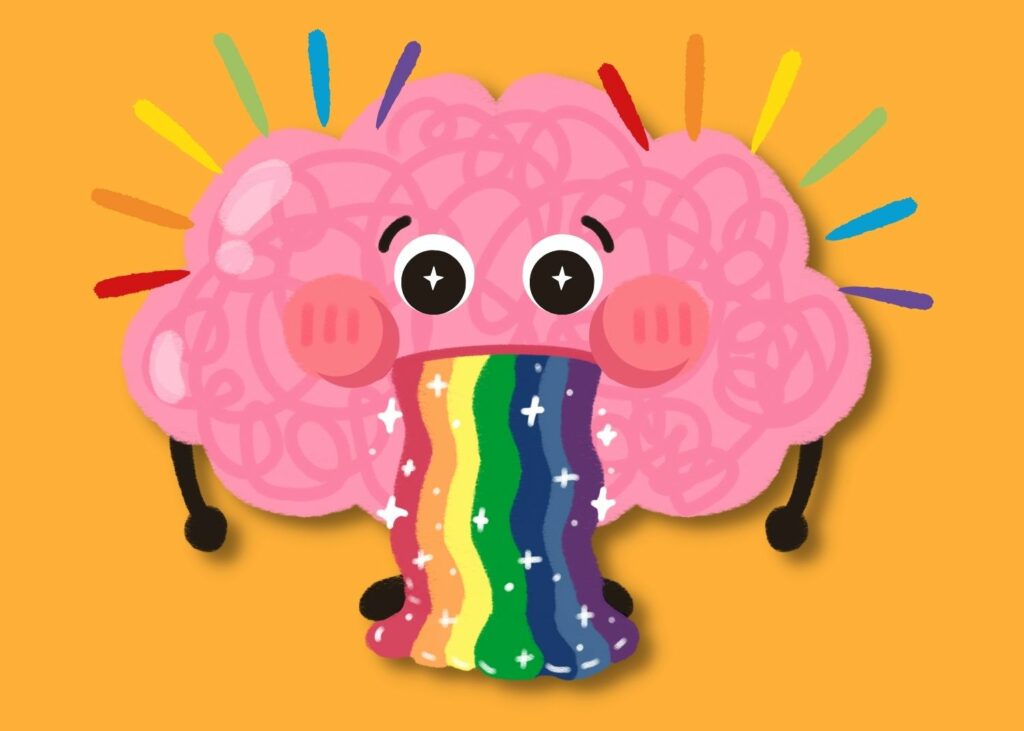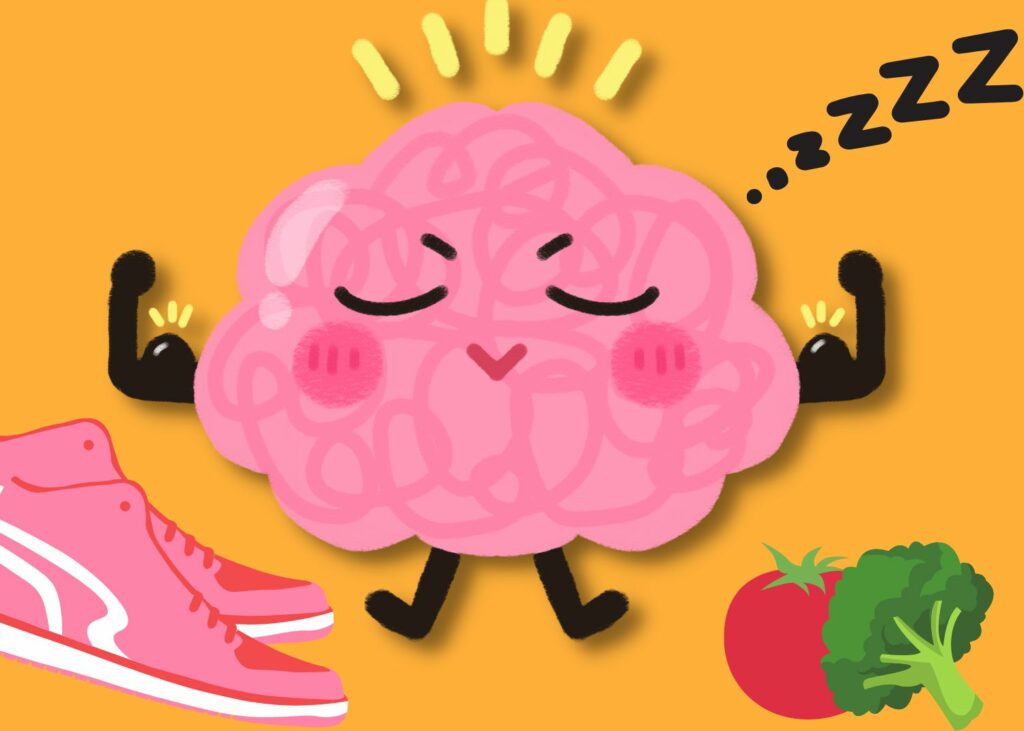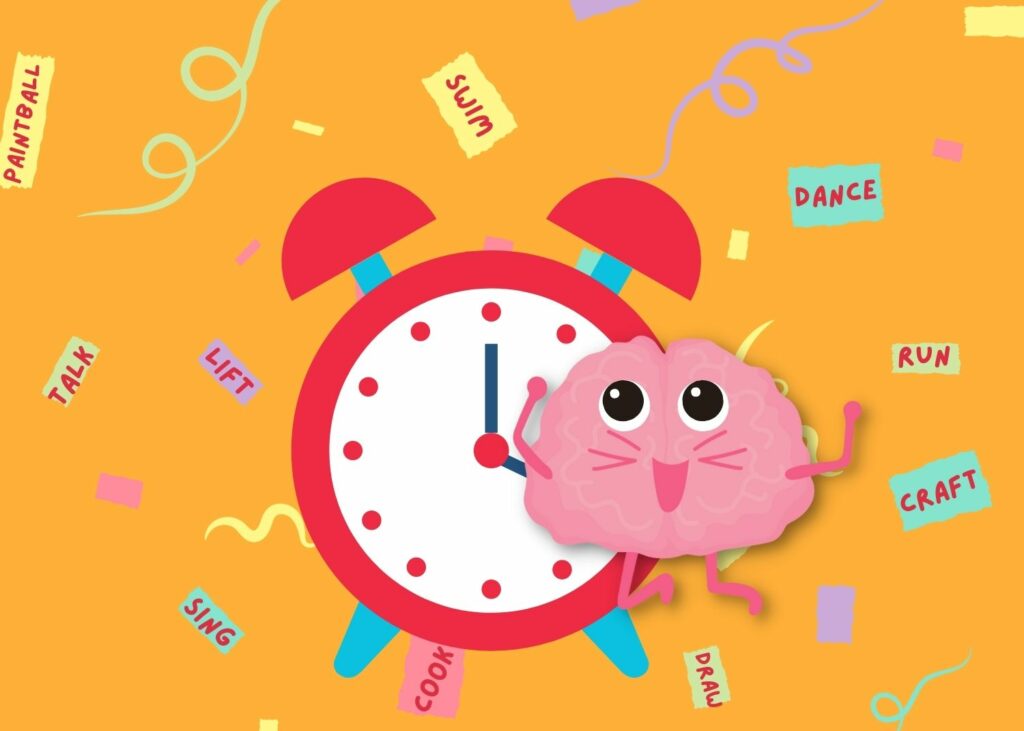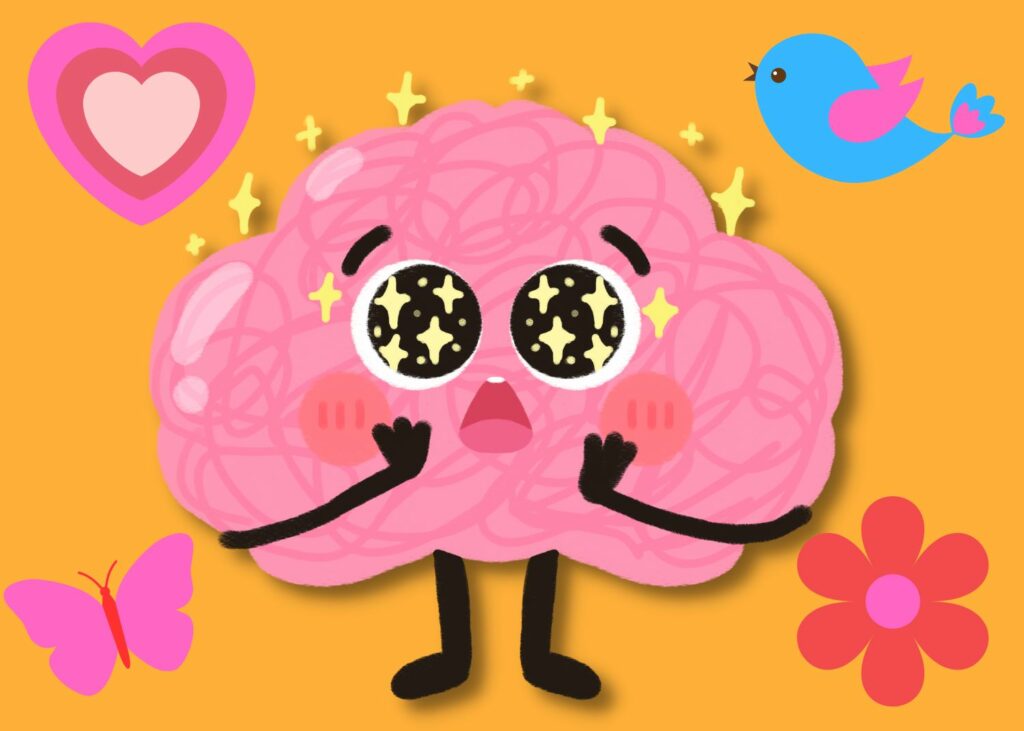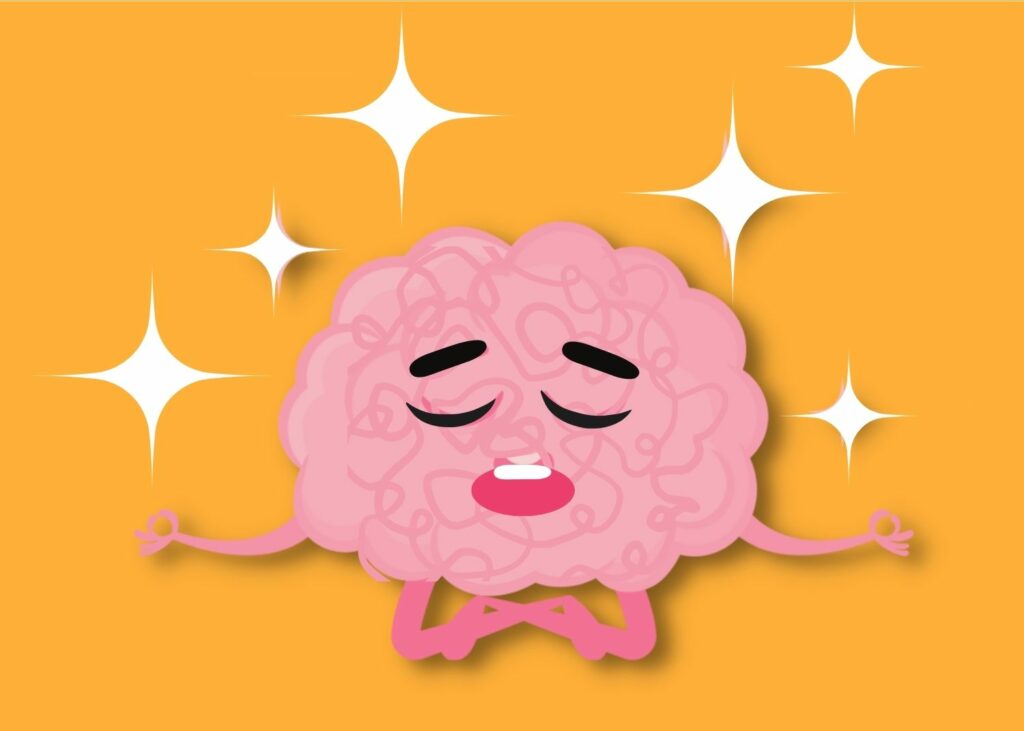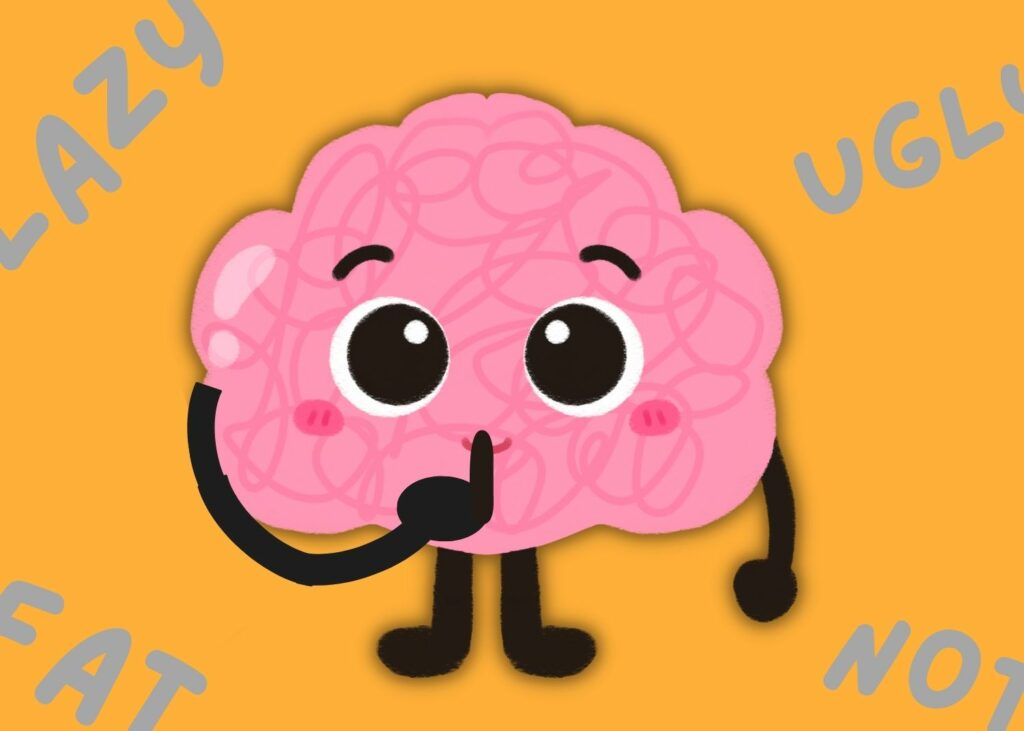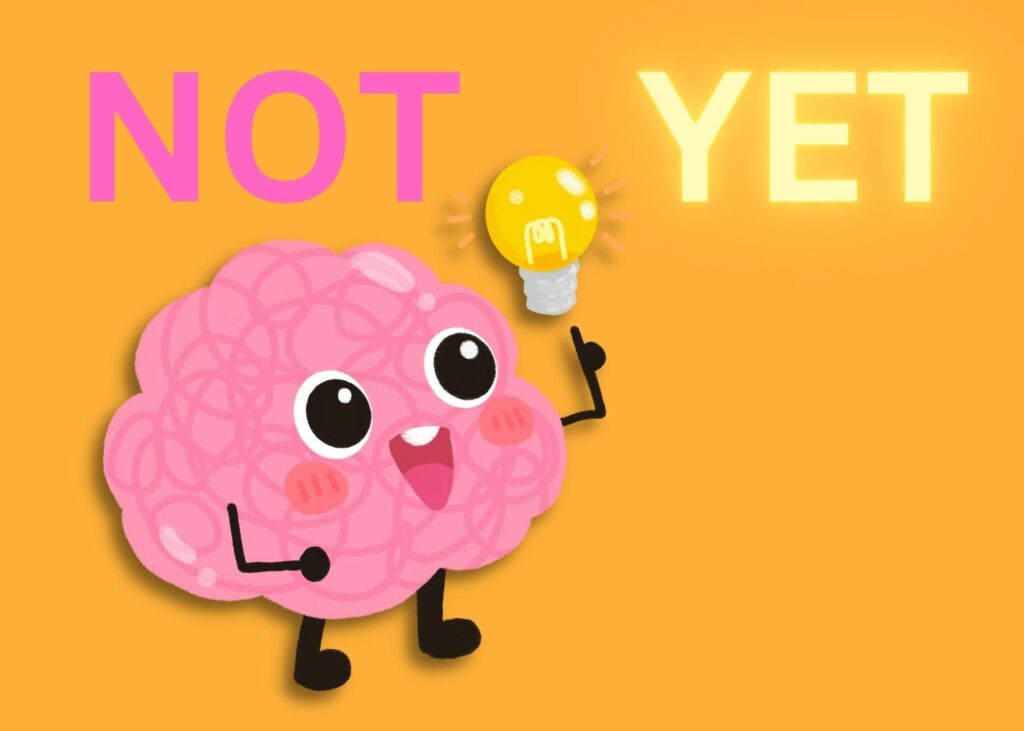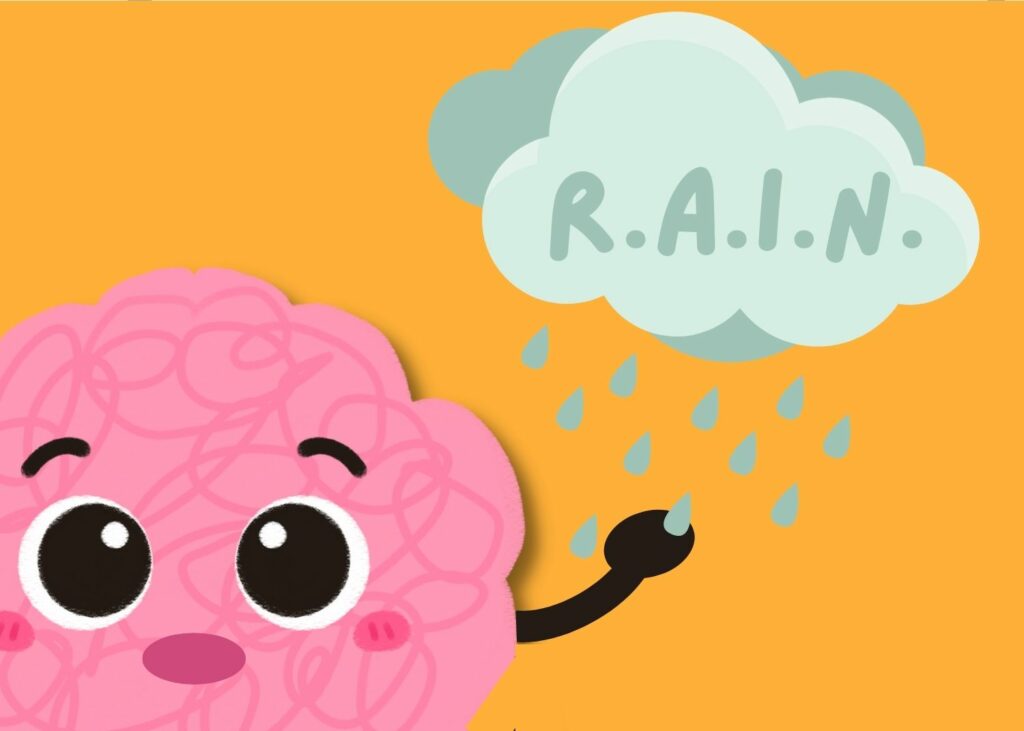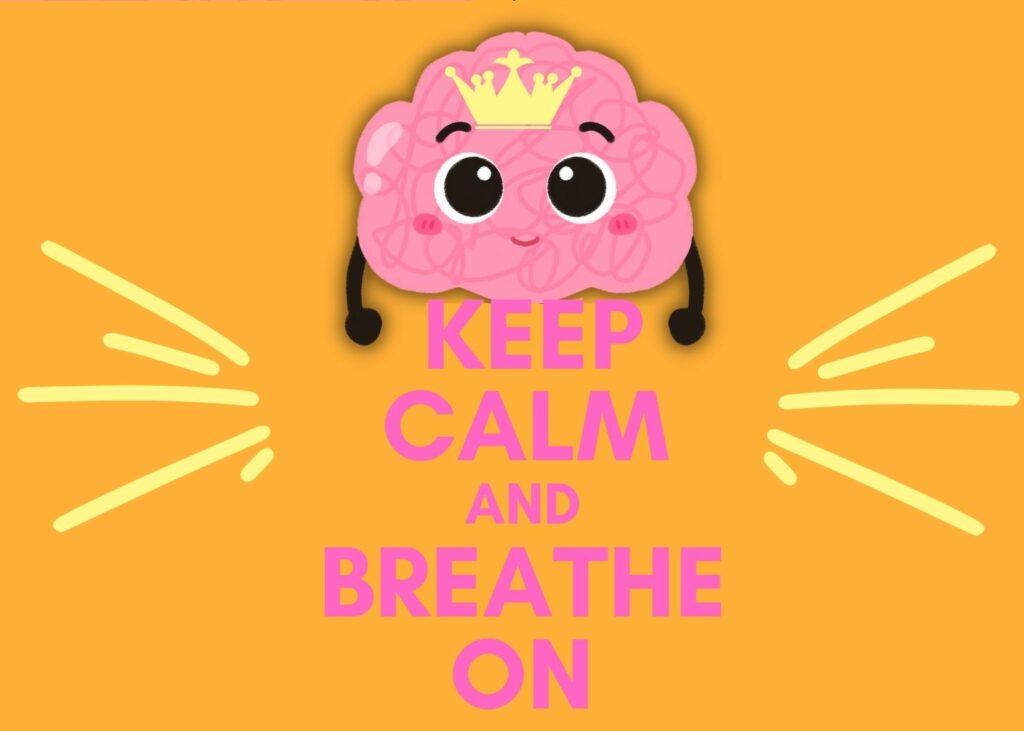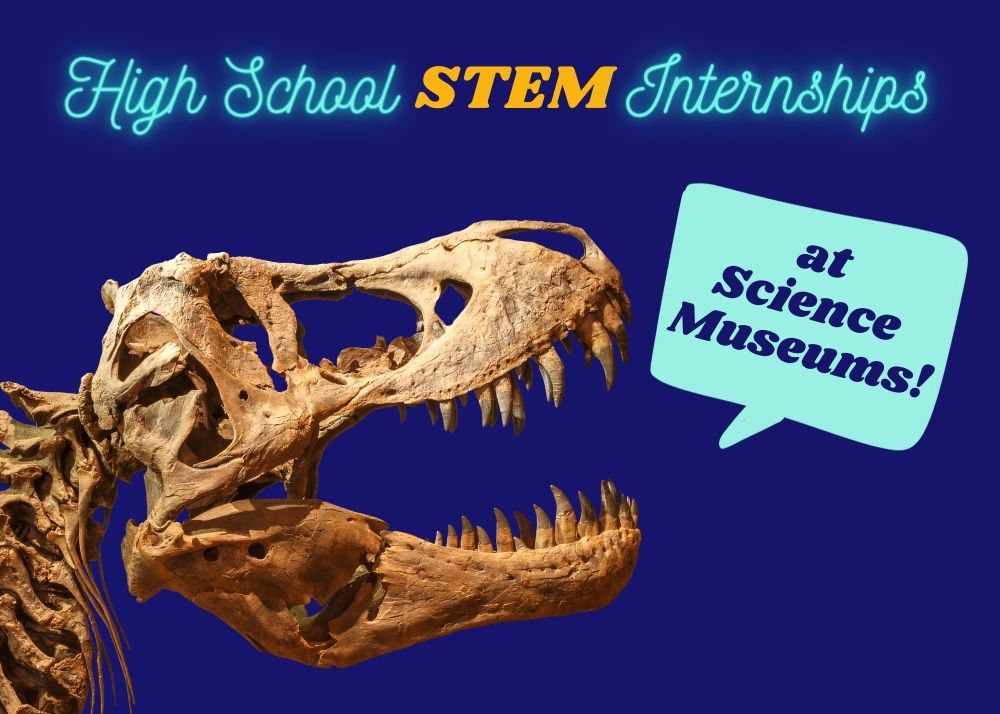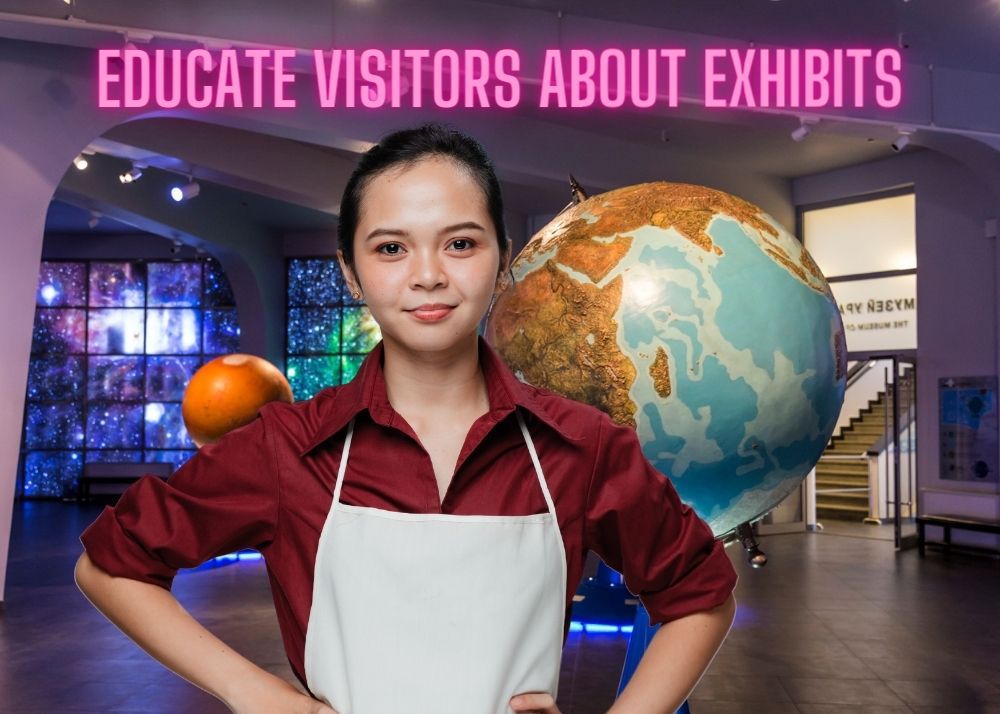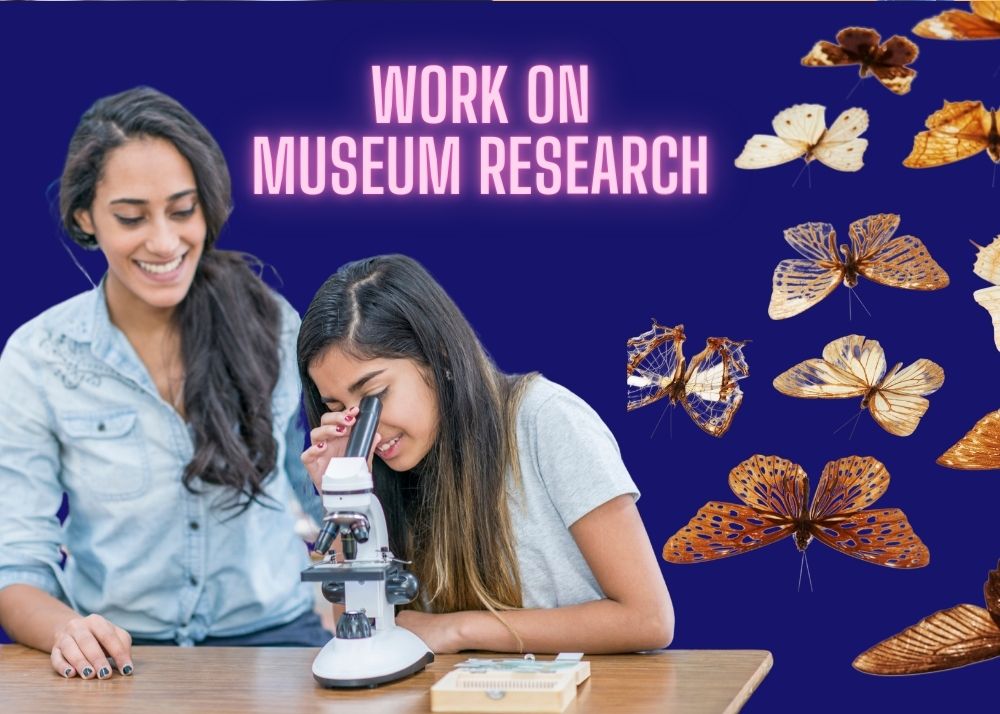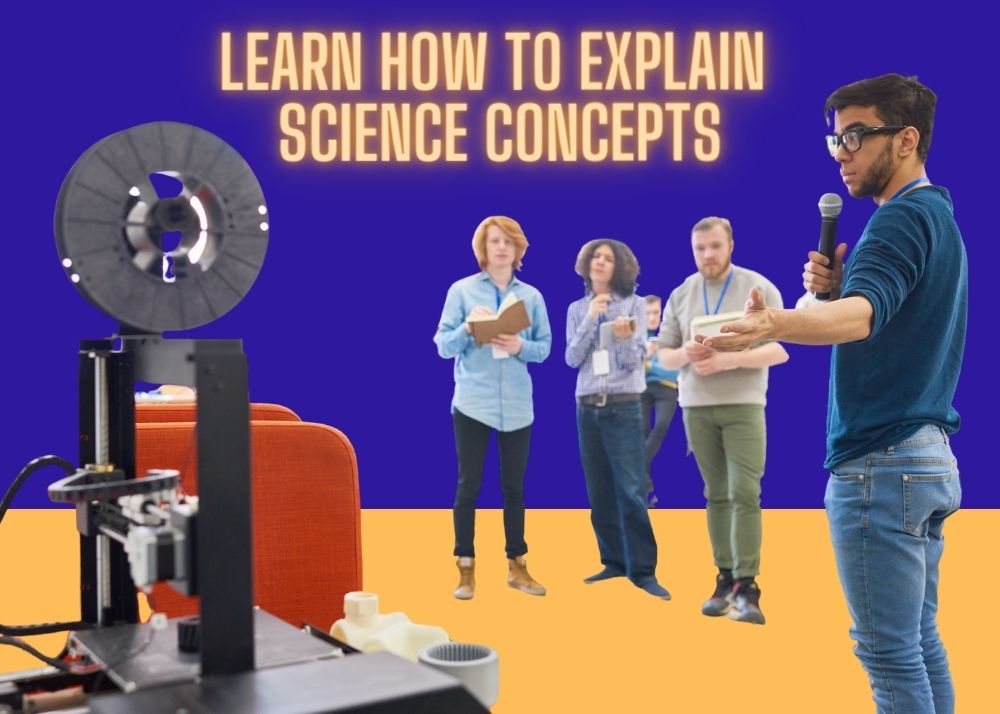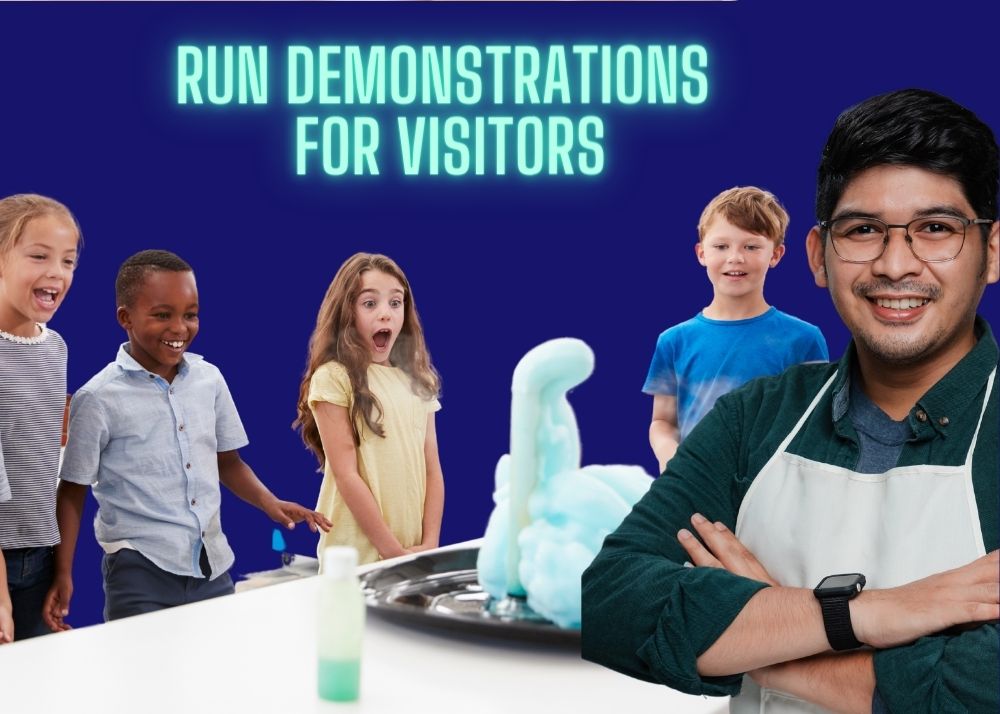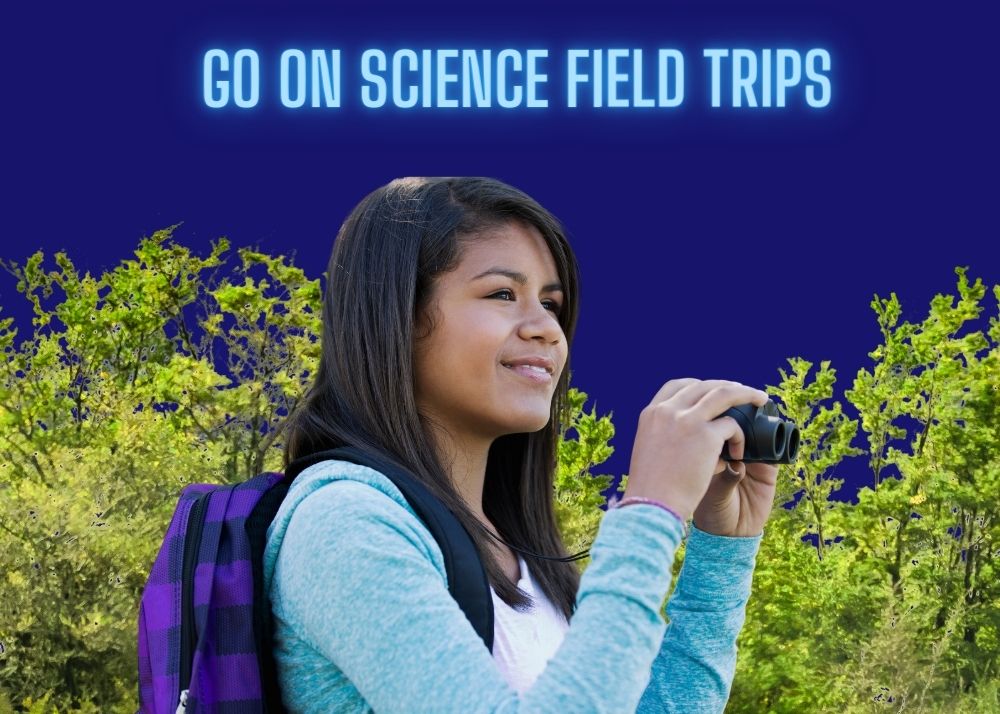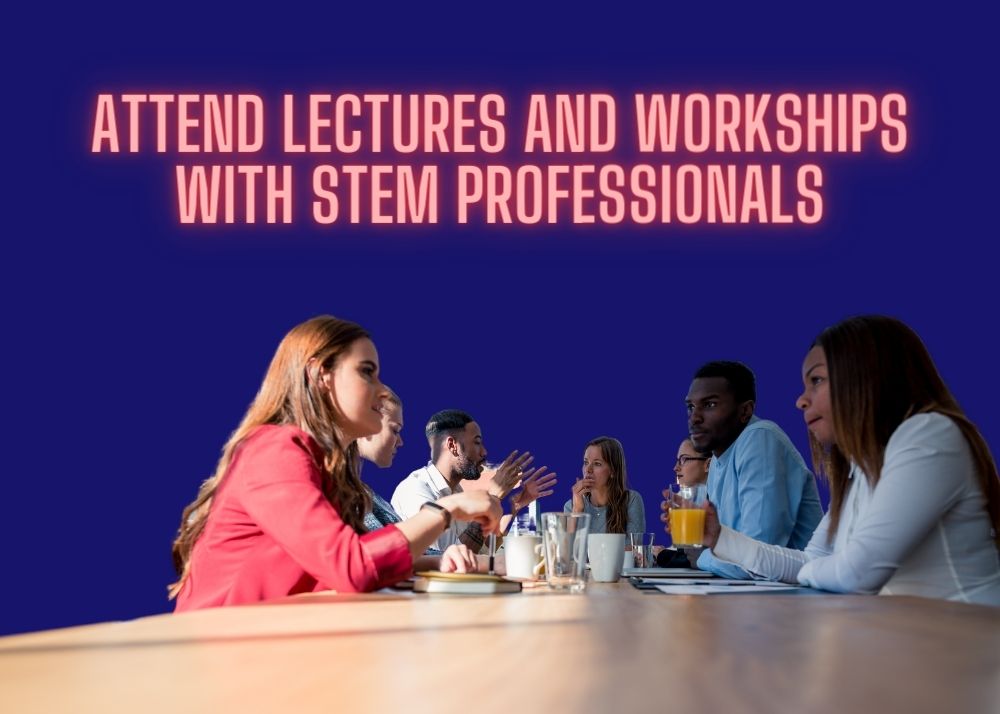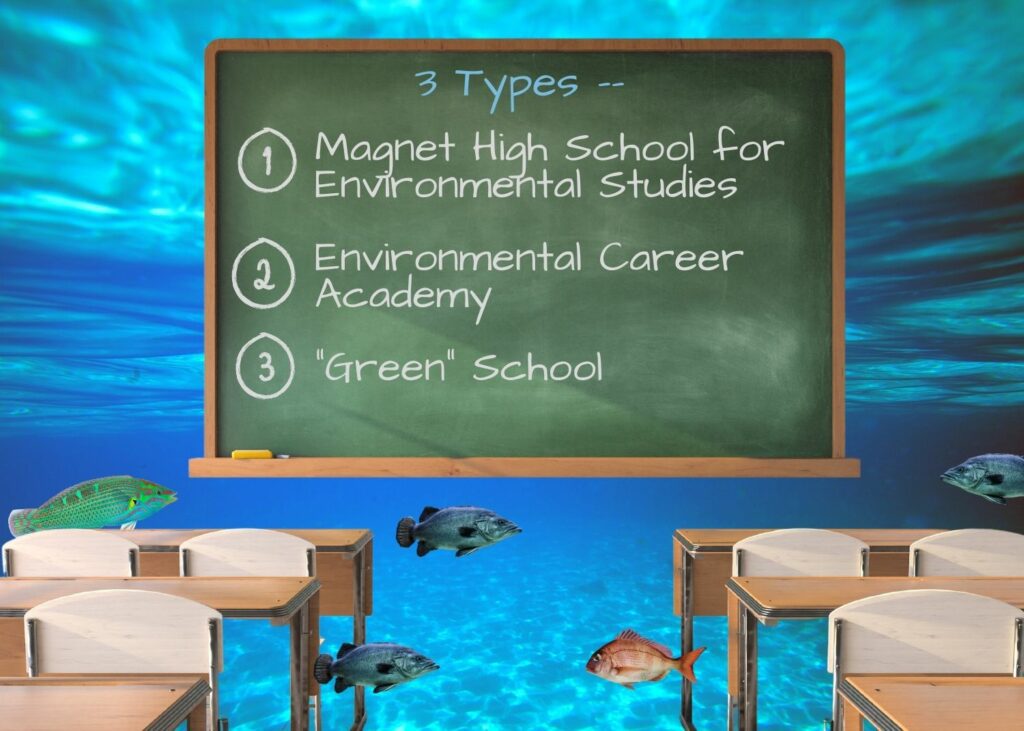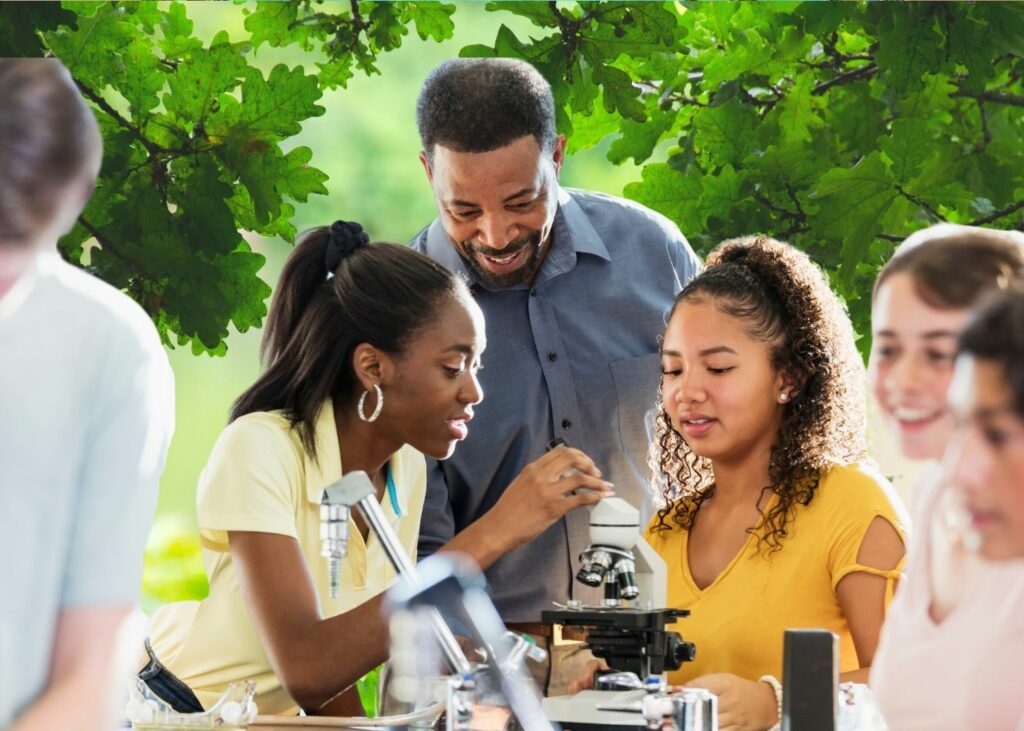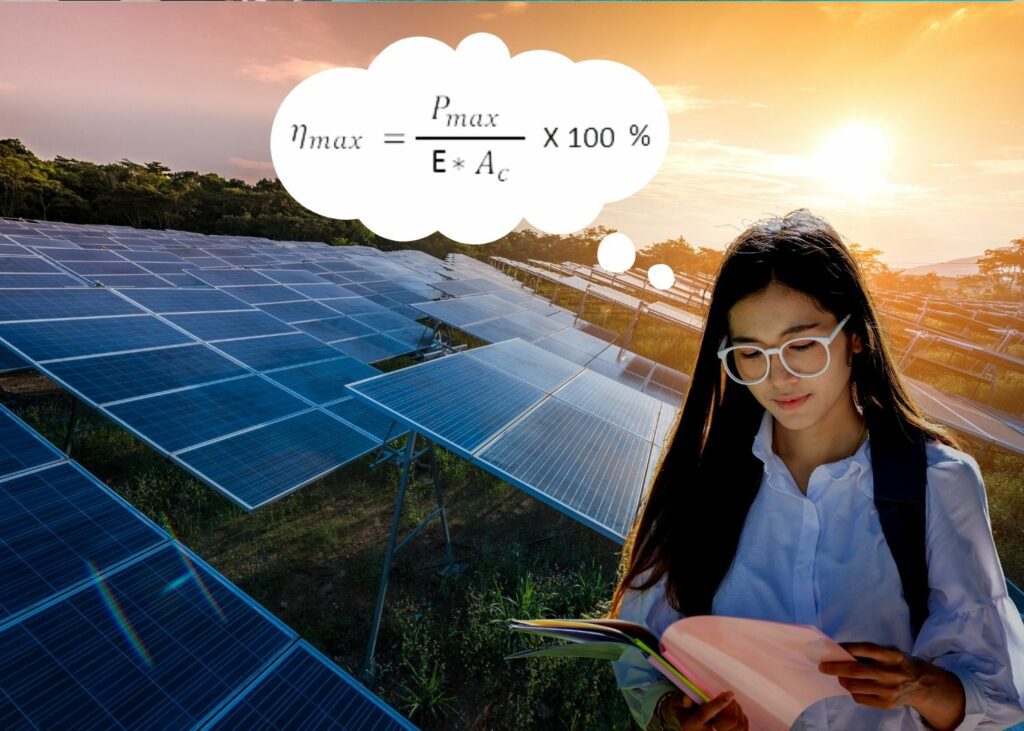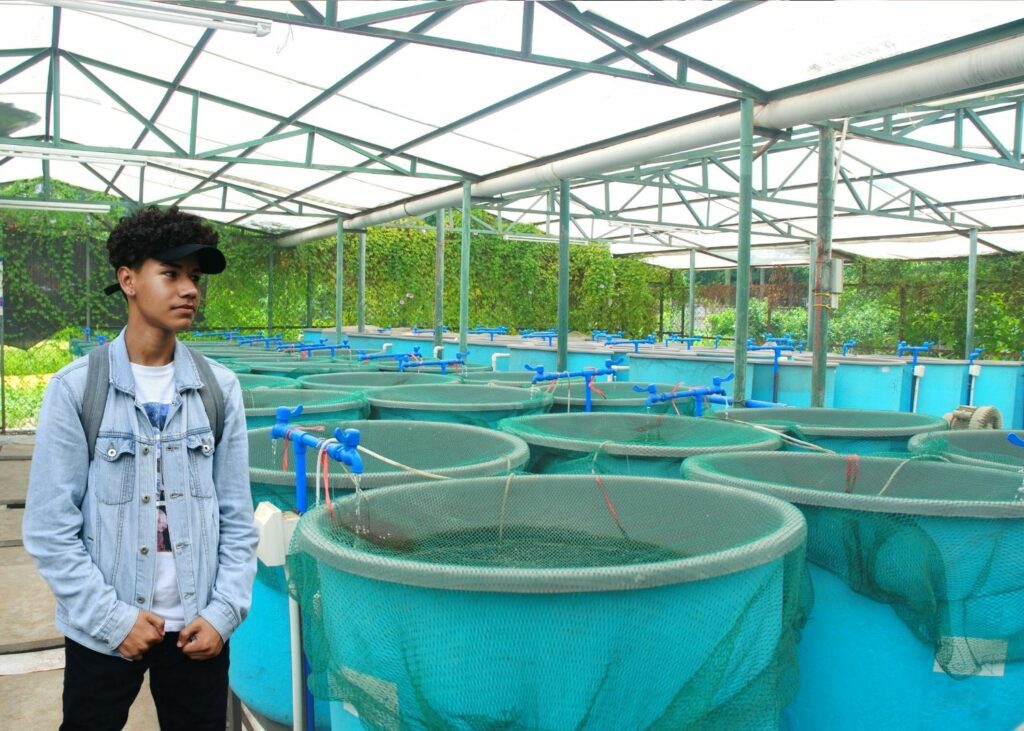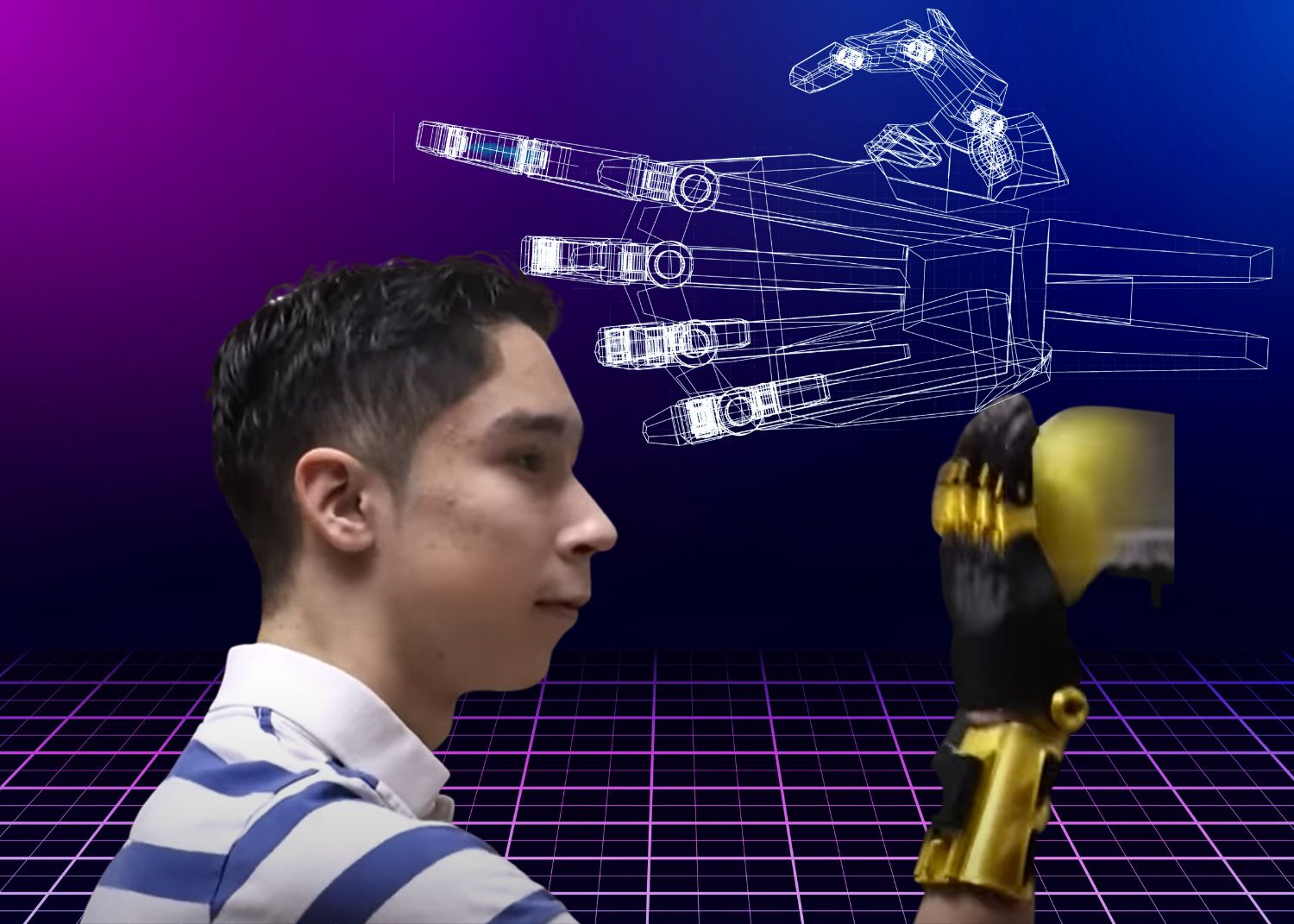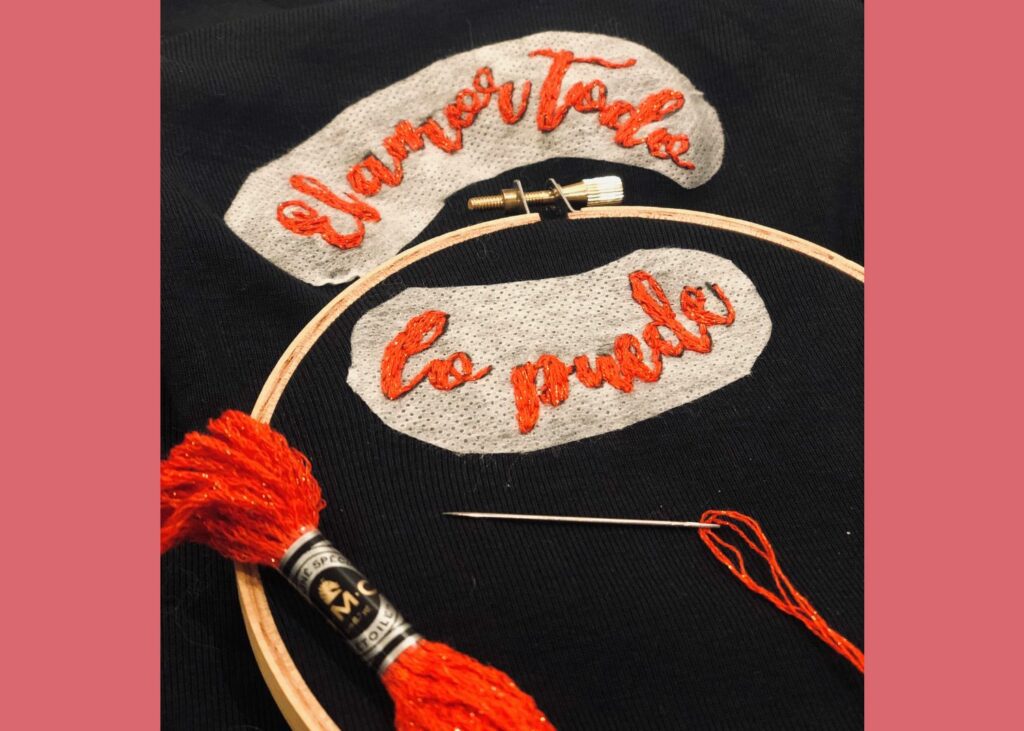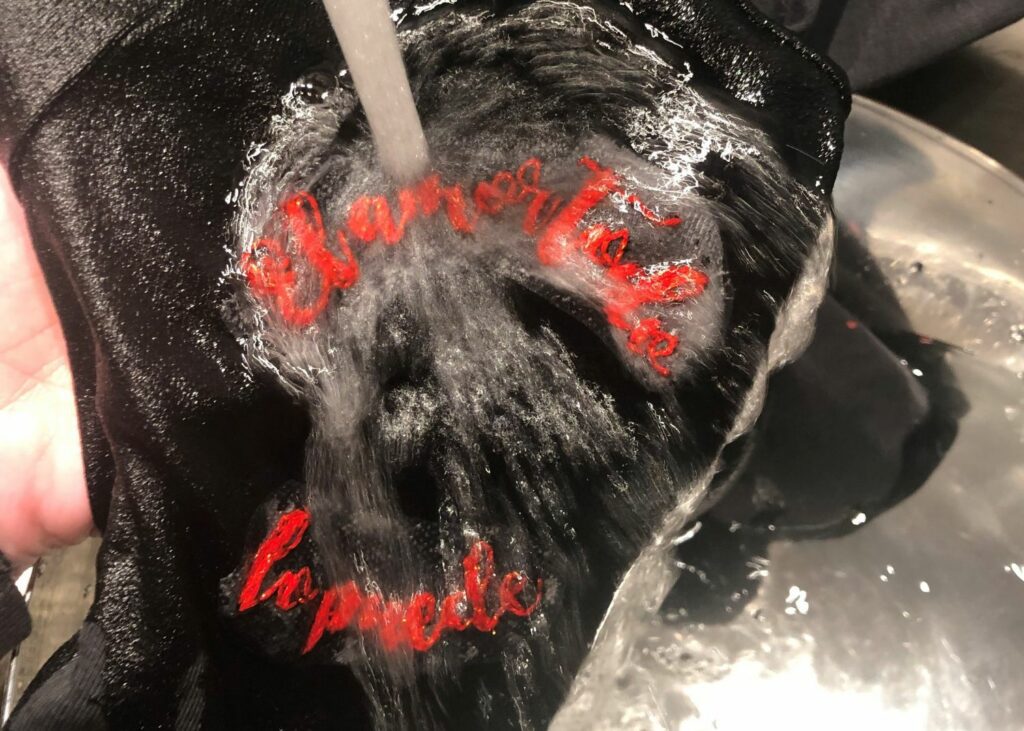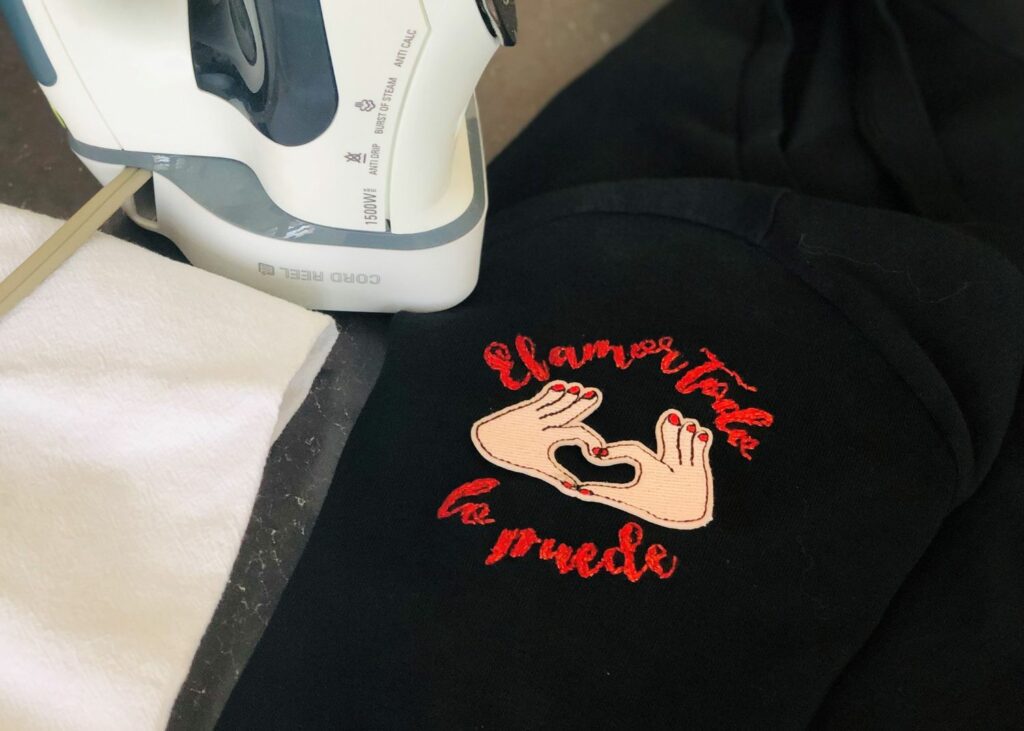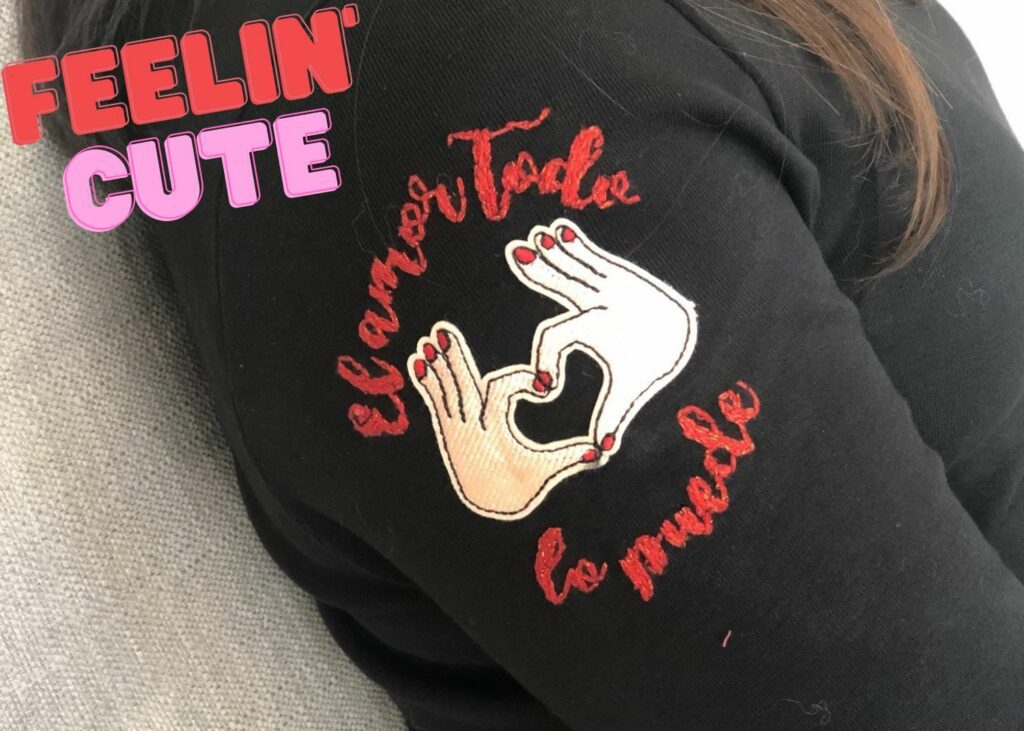Medical internships for high school students can be the first step toward a rewarding career in medicine or biomedical research. If you’re looking to find the best high school medical internships to gain hands-on experience, build connections, and beef up your college applications, we’ve got you covered!
Types of Medical Internships for High School Students: Clinical and Biomedical Research
If you’re looking to pursue a career in medicine or biomedical research, finding the right high school medical internship can be helpful to your future success. Fortunately, there are a wealth of opportunities available to help you gain hands-on experience and explore your interests. Medical internships for high school students can generally be divided into two categories: clinical internships and biomedical research internships.
Clinical Medical High School Internships provide the opportunity to experience a hospital or clinic setting. These internships are designed to introduce students to the daily routines and responsibilities of doctors and other medical professionals. You may shadow doctors and nurses, assist with patient care, and learn about the various medical specialties.
High School Medical Internships Focused on Biomedical Research, on the other hand, provide the opportunity to work in a research lab and gain hands-on experience with cutting-edge technology and techniques. These internships are designed to introduce students to the research process and the role of scientists in developing new treatments and therapies. You may work on projects related to genetics, neuroscience, or other areas of biomedical research.
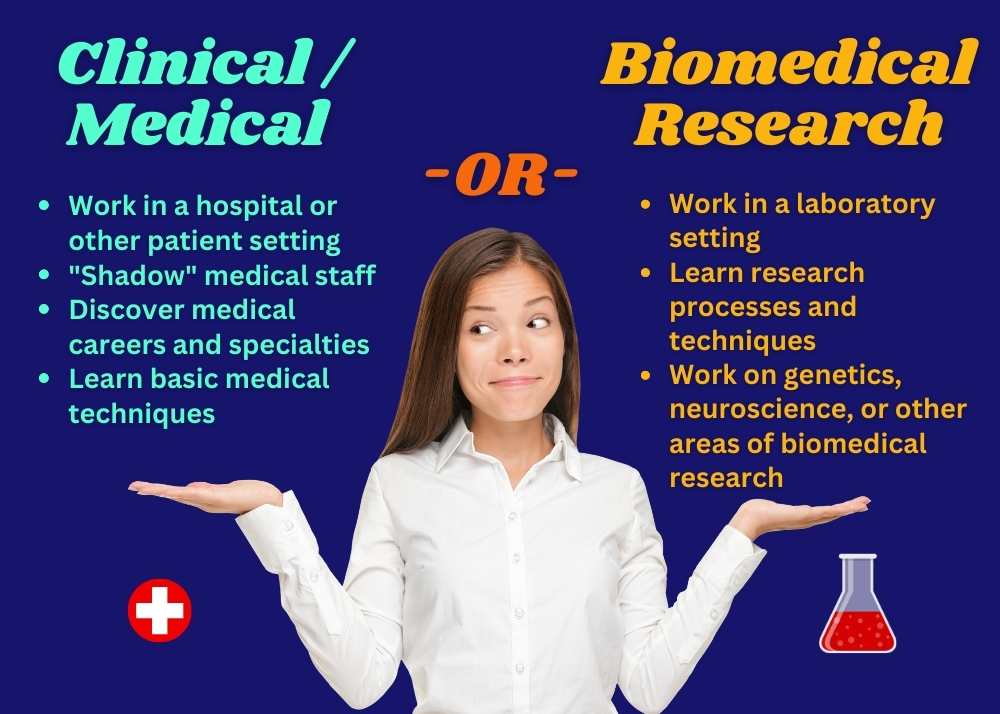
How to Find the Medical Internships for High School Students That Are Right for You
At Lateenz, we understand how important it is for high school students to find the right medical internships to help them achieve their career goals. That’s why we offer two ways of helping you find medical internships for high school students:
Check Our Teen Resources Database – Search our huge database of High School Internships to get targeted information (it’s completely free and you don’t need to register or provide any information to use it!); and
Read This Article – Look through the List of Clinical and Research Medical Internships for High School Students we have curated below.
For best results, we recommend you do both to get a complete picture of all the opportunities available. Our Teen Resources Database includes a wide range of medical internships for high school students and our search engine allows you to customize your filter them by your age, location, and other helpful characteristics. Meanwhile, our curated List of Clinical and Research Medical Internships for High School Students below is a great way to get an overview of the many available opportunities. Whether you’re looking to work in a hospital or research lab, there’s sure to be an internship that’s right for you!
Clinical Medical Internships for High School Students
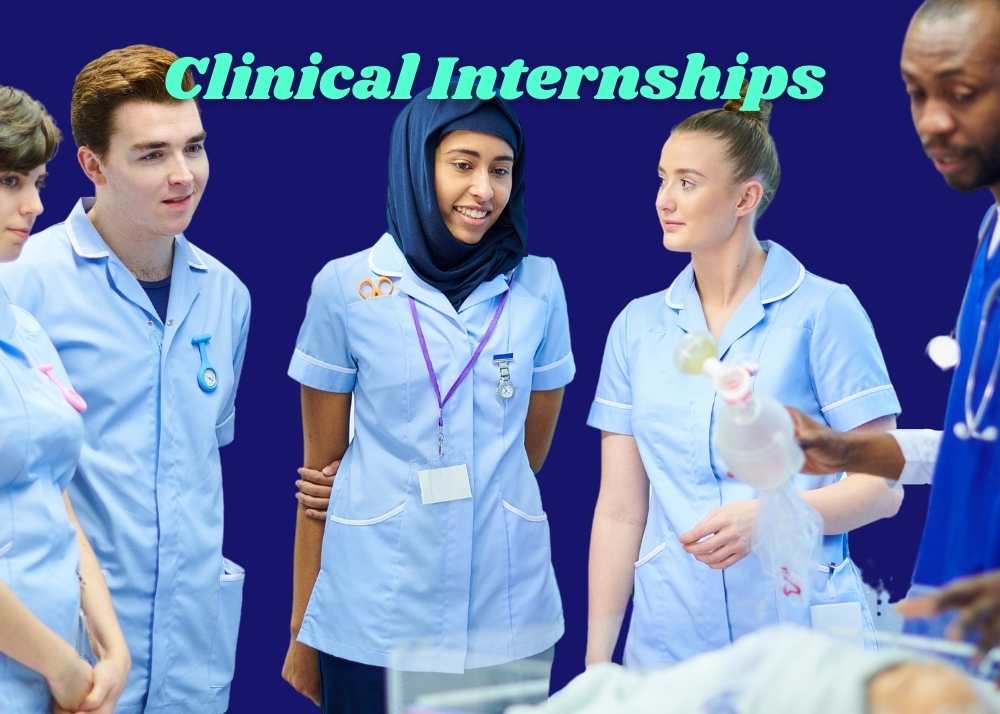
1. Advocate Lutheran General Hospital: Kendall Smith Healthcare Exploration Scholarship
The Kendall Smith Healthcare Exploration Scholarships is a paid six-week medical internship for high school students (juniors and seniors) in the Park Ridge, Illinois area who are interested in healthcare careers. Participating students are immersed in one hospital area of their choice. At the end of the internship, students prepare a presentation about their hospital experience for staff and guests.
- Location: IL (Park Ridge)
- Duration: 6 Weeks, Summer
- Grades: 11, 12
- Attendance: Commuter
- Paid? Yes (Contact Program Sponsor for $ Amount)
- Outreach? Students from Arlington Heights, Buffalo Grove, Des Plaines, Elk Grove Village, Harwood Heights, Morton Grove, Mount Prospect, Niles, Norridge, Palatine, Park Ridge, Prospect Heights, Rolling Meadows, Skokie and Wheeling
2. Brigham and Women’s Hospital Student Success Jobs Program
The Student Success Jobs Program (SSJP) is a medical internship for high school students at Brigham and Women’s Hospital designed to introduce Boston high school students to medical, health, and science professions. The program partners with Boston public high schools and The Boston Private Industry Council (PIC) to recruit students from seven specific schools (Boston Latin Academy, Community Academy of Science and Health, Edward M. Kennedy Academy for Health Careers, Fenway High School, John D. O’Bryant School of Math and Science, Madison Park Technical and Vocational High School, and New Mission High School). The program accepts applications from sophomores and juniors who attend the seven partnering high schools and are interested in pursuing a science, medical, research, or health career. Students are hired for a full year (ten hours per week) and must take their academic success seriously. The program provides students with unique opportunities to envision a promising future for themselves through participation in and exposure to health careers. Since 2004, 96% of SSJP students have enrolled in or graduated from college, with 85% majoring or having majored in health, science or medicine.
- Location: MA (Boston)
- Duration: 1 Year
- Grades: 10, 11
- Attendance: Commuter
- Paid? Contact Program Sponsor
- Outreach? Students of 7 Public High Schools in Boston
3. Brigham and Women’s Hospital Youth Summer Program
The Brigham and Women’s Hospital Youth Summer Program is a 7-week paid medical intership for high school students on the BWH campus in Boston. Students work in various departments and gain professional development, healthcare career exposure, community health, and health equity experiences. The program is open to students who are: enrolled in high school; 16 years old by June 1 of the application year; residents of Boston; and able to work the entire length of the program.
- Location: MA (Boston)
- Duration: 7 Weeks, Summer
- Grades/Ages: High school students 16 and over
- Attendance: Commuter
- Paid? Yes
- Outreach? Residents of Boston
4. Cincinnati Children’s Hospital Medical Center: High School Senior Summer Internship Program
The Cincinnati Children’s High School Senior Summer Internship Program is an eight-week, part-time paid medical internship high school students (graduating seniors) in the Cincinnati metropolitan area only. Interns work 20 hours per week at $13 per hour and are required to attend an orientation day. They will work with a mentor in one of several pediatric clinical specialties and can participate in clinical or research projects. Interns attend a weekly group luncheon, engage in community service, and have the opportunity to observe in other specialties upon request. At the end of the program, they present their experiences to the group at the graduation party. The program is competitive and requires a two-phase application process. Eligible applicants must provide academic records, test scores, resume, and a personal statement essay, and obtain two letters of recommendation.
- Location: OH (Cincinnati)
- Duration: 8 Weeks, Summer
- Grades: 12
- Attendance: Commuter
- Paid? Yes ($13/Hour)
- Outreach? Not Indicated
5. Cleveland Clinic Nursing Institute: ASPIRE Nurse Scholars Program
The ASPIRE Nurse Scholars Program is an enrichment program designed for high school juniors who are interested in pursuing a career in nursing. The program is sponsored by Cleveland Clinic and The Howley Foundation in collaboration with Ursuline College Breen School of Nursing. The program offers a $500 monetary stipend. Students can expect to receive instruction on various topics, such as healthcare technology, nursing and the community, and personal branding. The program is open to U.S. citizens, non-citizen nationals, or legal permanent residents who are enrolled in the 11th grade during the 2022/2023 academic year, have a cumulative GPA of 3.0 or better on a 4.0 scale, and meet two of the following three criteria: underrepresented minority in nursing, first-generation college student, or demonstrate financial need. Students must attend all 12 sessions.
- Location: OH (Cleveland)
- Duration: 12 Weeks (Saturday Sessions), Spring
- Grades: 11
- Attendance: Commuter
- Paid? Yes ($500)
- Outreach? Underrepresented (All), Economically Disadvantaged, First Gen. College
6. Cleveland Clinic: Science Summer Internship Program
The Cleveland Clinic Science Summer Internship Program offers a four-week paid summer internship that provides 9th, 10th, 11th and 12th graders from the Northeast Ohio counties of Cuyahoga, Lake, Lorain and Summit. Participants get real-world experience in clinical-focused areas of healthcare (pathway examples include but are not limited to: Allied Health, Medicine, Nursing, Public Health, Science, Science Research) and the opportunity to interact with Cleveland Clinic caregivers as their mentors. All students must be at least 15 years of age at the start of the internship.
- Location: OH (Cleveland)
- Duration: 4 Weeks, Summer
- Grades/Ages:9, 10, 11, 12 and 15 or older
- Attendance: Commuter
- Paid? Yes (Contact Sponsor for $ Amount)
- Outreach? High School Students Who Live and Attend School in Cuyahoga, Lake, Lorain and Summit Counties
7. Dartmouth Health – Dartmouth Hitchcock Workforce Readiness Institute: High School Summer Internship Program
The Dartmouth Health High School Foundations Summer Internship Program is a paid medical internship for high school students that combines work experience, professional development, mentoring, and experiential learning in the healthcare industry. It is designed for students going into their junior or senior year who are interested in exploring careers in healthcare and who are local or regional to the Dartmouth Health System (Lebanon, NH). During the 7-week program (optional 8th week), students will work 30-40 hours per week in different departments at Dartmouth Hitchcock Medical Center, rotating through 2-3 departments to gain a broad perspective of the industry. The program includes a professional development curriculum to develop important skills such as communication, teamwork, and problem-solving. To be eligible, applicants must be at least 16 years old by the start of the internship, have availability to commit to the full program, and be able to arrange their own housing and transportation.
- Location: NH (Lebanon)
- Duration: 7-8 Weeks, Summer
- Grades/Ages: 10, 11 and 16 or older
- Attendance: Commuter
- Paid? Yes (Contact Sponsor for $ Amount)
- Outreach? Not indicated
8. Faces for the Future Coalition: Summer Medical Academy
The FACES Summer Medical Academy (FSMA) is an opportunity for motivated and responsible high school students aged 15 and older to explore their interests in health, clinical skills, and the art of medicine. The program provides in-depth, hands-on experiences that expose students to new ideas, mentors, and other teens who share similar interests. Whether students are already set on a medical career or still exploring their options, the FSMA program offers exciting opportunities to learn about saving lives, responding to crisis situations, exploring potential diagnosis and treatment plans for a patient, and meeting professionals in the field. The program’s curriculum includes earning professional certifications to respond to crisis situations and a week-long Medical Mystery in learning the process of how to diagnose a patient. Trainers and presenters come from diverse health professions.
- Location: CA (Oakland)
- Duration: 2 Weeks, Summer
- Ages: 15 or older
- Attendance: Commuter
- Paid? No
- Outreach? Underrepresented (All)
9. G0vernor’s Institute of Vermont: Health & Medicine Institute Summer Program
The Governor’s Institute of Vermont Health & Medicine Institute is a partnership between the Governor’s Institutes of Vermont and the Northern Vermont Area Health Education Center that offers students in grades 9-11 an opportunity to explore health science, research, and medicine. Students can earn certifications in CPR and First Aid, learn clinical skills such as diagnostic reasoning, and work closely with medical student mentors throughout the week. The program offers hands-on activities, scenario-based learning, and interactive case discussions. Students live in dorms on their host college campus and tuition is based on a sliding scale model. Out-of-state students are considered on a case-by-case basis.
- Location: VT (Lyndon)
- Duration: 1 Week, Summer
- Grades: 9, 10, 11
- Attendance: Residential
- Paid? No, Students Pay to Participate/Financial Aid is Available
- Outreach? Vermont Residents
10. Hackensack Meridian School of Medicine: M.I.N.D.S. (Medical Internship Navigating Diversity and Science)
The M.I.N.D.S. (Medical Internship Navigating Diversity and Science) program is a 6-week paid medical internship for high school students (juniors and seniors) interested in pursuing a career in medicine. The program is open to underrepresented or financially disadvantaged students who identify as African American, Latino/Hispanic American, Native American, or are first-generation or financially disadvantaged. The program offers hands-on medical experience, field trips, SAT prep for a year, and a $1,200 stipend. Interns will learn about various medical professions, social determinants of health, and will create a research project on health disparities in New Jersey.
- Location: NJ (Nutley)
- Duration: 6 Weeks, Summer
- Grades: 11 12
- Attendance: Commuter
- Paid? Yes ($1,200)
- Outreach? Black, Economically Disadvantaged, First Gen. College, Hispanic / Latinx, Underrepresented (All)
11. Hawai’i Pacific Health Careers Summer Internship Program
The Hawaii Pacific Health Careers Summer Internship Program is a 6-week paid high school medical internship for juniors and seniors interested in exploring different careers in the healthcare industry. The program offers students an opportunity to gain firsthand experience in hospital systems, interact with experienced healthcare professionals, and explore various healthcare professions. The program is available at various medical centers in Hawaii, including Kapiolani Medical Center for Women & Children, Pali Momi Medical Center, Straub Medical Center, Wilcox Medical Center, and Kauai Medical Clinic. Over 900 students have participated in the program since its inception in 2004. Testimonials from previous interns emphasize the opportunity to shadow adults in different specialties, learn about medical procedures, and connect with healthcare workers and doctors.
- Location: HI (Various Locations)
- Duration: 6 Weeks, Summer
- Grades: 11, 12
- Attendance: Commuter
- Paid? Yes (Contact Program Sponsor for $ Amount)
- Outreach? Not Indicated
12. Johns Hopkins MERIT Health Leadership Academy
MERIT Health Leadership Academy is a high school medical internship for students from underrepresented backgrounds in Baltimore (MD) aspiring to have careers in health. Applicants must be a freshman or sophomore in high school, live in Baltimore City or attend a Baltimore City high school, and have a 2.75 or higher unweighted GPA. The program includes Saturday college prep classes, professional internships, college admissions guidance, and longitudinal mentorship. The curriculum includes various health-related courses, college application support, financial aid literacy, and exposure to various college settings. Rising juniors complete clinical internships, while rising seniors participate in life-changing career exposure through summer internships. Scholars receive mentorship from health professionals, and the program strives to build a support network for scholars from joining the program to college and beyond.
- Location: MD (Baltimore)
- Duration: 2-3 Years
- Grades: 9, 10
- Attendance: Commuter
- Paid? Yes (Contact Program Sponsor for $ Amount)
- Outreach? Underrepresented Baltimore City High School Students
13. Lifespan Summer Youth Employment Program
The Lifespan Summer Youth Employment Program is an eight-week paid medical internship for high school students aged 16 to 19 years old. The program offers opportunities for career exploration, professionalism, and essential skills development by placing teens in various departments throughout Lifespan, including healthcare, information systems, human resources, and food and nutrition. Participants can expect to receive career-building help from professional career experts and possibly gain employment beyond the summer. Eligibility criteria include attending pre-summer trainings, being a resident of Providence or possessing a valid CNA license and having a willingness to learn and interest in pursuing a career in healthcare. Program completion requirements include mandatory attendance and successfully completing the program to receive a certificate.
- Location: RI (Providence)
- Duration: 8 Weeks, Summer
- Ages: 16-19
- Attendance: Commuter
- Paid? Yes (Contact Program Sponsor for $ Amount)
- Outreach? Not Indicated
14. Manhattan-Staten Island Area Health Education Center: Summer Health Internship Program
The Manhattan-Staten Island Area Health Education Center offers high school medical internship — the Summer Health Internship Program (SHIP) — designed to provide exposure to health careers and community health issues. The program lasts for six weeks and includes placements in local hospitals, health centers, and organizations. High school sophomores, juniors, and seniors, as well as college freshmen, are eligible to apply. The program features weekly didactic sessions with health professionals, field trips, and opportunities to learn about various health careers and community health concerns. To be eligible, students must be between 16-22 years old, reside or attend school in Manhattan or Staten Island, have an interest in pursuing a career in the health field, and provide two recommendations, one of which should be from a teacher or faculty member.
- Location: NY (New York City)
- Duration: 6 Weeks, Summer
- Ages: 16-22
- Attendance: Commuter
- Paid? Contact Program Sponsor
- Outreach? Not Indicated
15. Mayo Clinic Career Advancement, Research, and Education Summer (CARES) Program
Mayo Clinic CARES is a high school medical internship for students in Arizona interested in exploring careers in healthcare. The program aims to expose students to a wide range of healthcare careers and provide them with mentorship opportunities. There are two options available: an in-person program based at Mayo Clinic campuses in Phoenix and Scottsdale, and a virtual program. The in-person program requires a four-week commitment in June, while the virtual program involves a two-week commitment in July. The program includes exposure to various healthcare careers, hands-on experiences in a hospital setting, identification of personal strengths, and long-term mentorship beyond the program. The application process is open to high school freshmen, sophomores, and juniors in Arizona, with special consideration given to students from diverse backgrounds and underserved communities. There is no cost to participate, and selected students receive a stipend. The program offers a holistic approach, integrating life skill-building activities and fostering community engagement. Applications open in December of each year for the following summer.
- Location: AZ (Phoenix. Scotsdale), Virtual
- Duration: 2-4 Weeks, Summer
- Grades: 9, 10, 11
- Attendance: Commuter
- Paid? Yes (Contact Program Sponsor for $ Amount)
- Outreach? Diverse, First-Generation College, Upward Bound or STEAM Pipelines, Underserved, Economically Disadvantaged
16. Medical Career Collaborative Program (MC²) at Children’s Hospital Colorado and Denver Health
The Medical Career Collaborative (MC²) Program is a two-year program designed to provide Denver-area high school juniors and seniors with hands-on experiences and professional development opportunities in healthcare. This high school medical internship is open to current high school sophomores who are selected by a committee based on several criteria, including school activities, community involvement, references, and GPA. MC² focuses on recruiting under-represented groups in the healthcare workforce, such as students of color and those from low-income backgrounds. Participants engage in field trips, service-learning/volunteering, personal and professional development opportunities, and post-secondary coaching. MC² students are also eligible for paid internships at Children’s Colorado or Denver Health, where they work alongside hospital team members. The fall and spring internship sessions are 12 weeks long with students working approximately 10 hours per week, while the summer session is six weeks with students working 30 hours per week. The program receives over 350 applications for around 60 spots each year, and students from any high school across the Denver metro region are eligible to apply.
- Location: CO (Denver – MC² prioritizes applicants from Denver, Aurora, Adams, Jefferson, Douglas, Mapleton, Sheridan, Englewood, Westminster and Cherry Creek)
- Duration: 12 Weeks, Winter; 6 Weeks, Summer
- Grades: 10
- Attendance: Commuter
- Paid? Yes (Contact Program Sponsor for $ Amount)
- Outreach? Black, Economically Disadvantaged, First Gen. College, Hispanic/Latinx
17. Medical College of Wisconsin: Apprenticeship in Medicine Program (AIM)
The Apprenticeship in Medicine program offered by the Medical College of Wisconsin is an intensive six-week summer medical internship for high school students. The program provides a variety of enrichment experiences, including classroom lectures on anatomy and physiology, suture clinics, heart dissections, clinical shadowing, and team exercises. AIM is open to high school students from ethnically, economically, and educationally disadvantaged backgrounds. Eligible students must attend a high school in the Milwaukee Public system, Milwaukee charter, local private school, or surrounding suburban school district. They must be U.S. citizens or permanent residents with a current U.S. green card and should be at least rising juniors, 16 years old, and have a strong science and math GPA of at least 3.0.
- Location: WI (Milwaukee)
- Duration: 6 Weeks, Summer
- Grades: 10, 11, 12
- Attendance: Commuter
- Paid? Yes (Contact Program Sponsor for $ Amount)
- Outreach? Black, Economically Disadvantaged, First Gen. College, Hispanic/Latinx
https://www.youtube.com/watch?v=uWyV0owjzZw&t=7s
18. Minnesota Hospital Association: Summer Health Care Internship Program
The Summer Health Care Internship Program (SHCIP) is a high school medical internship in Minnesota that provides the opportunity to gain experience in the healthcare industry. Administered by the Minnesota Hospital Association on behalf of the Minnesota Department of Health, the program connects students with healthcare employers who employ them for six to 12 weeks between Memorial Day and Labor Day, paying them at least minimum wage. Possible duties for interns include patient registration, instrument sterilization, appointment scheduling, lab specimen transport, exam room preparation, chart management, patient transport, data entry, accompanying residents to appointments, nutritional services, social activities, companionship, and healthcare data collection. Various areas of employment and observation include radiology, laboratory, occupational therapy, nutrition/dietary services, business office, transport, pharmacy, activities/special events, inpatient care, and respiratory therapy. To be eligible for the program, students must have completed their junior or senior year of high school in Minnesota and intend to fulfill graduation requirements. Participating students may work in one department or rotate through various departments within the healthcare organization. The program prioritizes sites seeking interns from minority communities.
- Location: MN (Various Locations)
- Duration: 6-12 Weeks, Summer
- Grades: 11, 12
- Attendance: Commuter
- Paid? Yes (Contact Program Sponsor for $ Amount)
- Outreach? Black, Hispanic/Latinx
19. Norton Healthcare: High School Academy Program
The Norton Healthcare High School Academy Program is a high school medical internship that helps students explore careers in healthcare and gain valuable work experiences. The program offers volunteering, shadowing, and hands-on learning opportunities. Students are treated as employees and receive training in their chosen area of interest, such as patient care or pharmacy. They gain practical experience with electronic medical records, patient care, and interacting with healthcare professionals and patients. The program provides ongoing support, including career coaching and mentorship. In their senior year, students can further expand their knowledge through job shadowing, clinical symposiums, and transition into other healthcare roles. Tuition assistance resources are also available for postsecondary degree programs.
- Location: KY (Louisville)
- Duration: Contact Program Sponsor
- Grades/Ages: 11, 12 and 17 or older
- Attendance: Commuter
- Paid? Yes (Contact Program Sponsor for $ Amount)
- Outreach? Not indicated
20. Northern Vermont Area Health Education Center: Health Exploration Resources & Opportunities (HERO) Program
The Vermont Health Exploration Resources & Opportunities (HERO) Mentoring Progream is available to 9th- through 12th-grade students living in specific counties in Vermont. It is a free four-month online mentoring program that pairs high school students with volunteer medical students who have been trained in mentoring and STEM education. The program consists of ten modules, including health career exploration, goal setting, and human biology and health science. These sessions are held once a week from October to January, and the timing is flexible to accommodate the availability of the student and mentor. The application process for the HERO Mentoring Program opens in August. To be accepted, students must demonstrate a strong interest in health and medicine and a commitment to completing the program. There are no academic requirements or prerequisites, and previous knowledge or experience in the field is not necessary.
- Location: VT (online for students residing in Caledonia, Essex, Franklin, Grand Isle, Lamoille, Orange, Orleans, Washington, and Chittenden Counties)
- Duration: 4 months, Fall/Winter
- Grades: 9, 10, 11, 12
- Attendance: Online
- Paid? No
- Outreach? Not indicated
21. Parkview Health: FutureREADY Internships
Parkview Health Education Services in Fort Wayne sponsors FutureREADY, a high school medical internship for high school students needing to fulfill a semester-long internship requirement. Students participate in six week-long observations and then select their top one to three areas of interest for the remainder of the semester, gaining valuable insights into potential career paths.
- Location: IN (Fort Wayne)
- Duration: 6 Weeks
- Grades: Contact Program Sponsor
- Attendance: Commuter
- Paid? Contact Program Sponsor
- Outreach? Not indicated
22. Pee Dee Area Health Education Center: Summer High School Internship Program
The Pee Dee Area Health Education Center in South Carolina offers a four-to-six-week high school medical internship (the Summer Internship Program) designed for underrepresented minority and disadvantaged students in the Pee Dee Region. The program aims to provide students with an educational and work experience in the healthcare field. During the internship, students are placed in a healthcare setting based on their career interests, allowing them to gain firsthand knowledge of working as a healthcare professional. They will learn about the healthcare industry, the roles and responsibilities of health professionals, and the importance of teamwork in healthcare settings. Interns are assigned specific responsibilities and will assist their designated supervisor as determined by the site and the Health Careers Program Coordinator. The program includes a stipend for participants. The application process for the internship program is competitive, and there are limited spaces available. Priority is given to high school upperclassmen. The Pee Dee AHEC serves the following counties: Clarendon, Chesterfield, Darlington, Dillon, Florence, Georgetown, Horry, Lee, Marion, Marlboro, Sumter, and Williamsburg.
- Location: SC (Various Locations)
- Duration: 4-6 Weeks, Summer
- Grades: 9, 10, 11, 12
- Attendance: Commuter
- Paid? Yes (Contact Program Sponsor for $ Amount)
- Outreach? Students residing in Clarendon, Chesterfield, Darlington, Dillon, Florence, Georgetown, Horry, Lee, Marion, Marlboro, Sumter, and Williamsburg counties
23. Prisma Health: Medex Academy
The Health Sciences Center at Prisma Health offers the MedEx Academy to provide high school and college students with an opportunity to explore various healthcare careers. The program aims to increase the number of healthcare providers in South Carolina and make healthcare employment accessible to a diverse group of students. Participants can receive academic credit at partner universities, merit-based college scholarships, financial assistance for the program’s duration, funds for academic development, and year-round access to mentoring and support services. The program consists of different tiers. Tier I is designed for rising high school seniors and lasts for four weeks, from July to August. Tier I focuses on career exploration and developing foundational skills for a successful health career. Applicants must have a GPA of 2.75 or higher. Participants are selected based on factors such as adhering to directions, displaying a desire to learn, exhibiting professionalism, possessing effective communication skills, having reliable transportation and personal housing accommodations, working well with others, and being available to volunteer at weekend events.
- Location: SC (Various Locations)
- Duration: 4 Weeks, Summer
- Grades: 11
- Attendance: Commuter
- Paid? Contact Program Sponsor
- Outreach? Not indicated
The Stanford Medical Youth Science Program is a free, 5-week high school medical internship focused on science and medicine that is open to low-income, first-generation high school juniors who live in Northern California. The program is held on the Stanford campus and includes a hospital internship (with hands-on laboratory and departmental activities, shadowing experiences and observation, and patient interaction), a public health research project, weekly academic lectures, and community building and mentorship activities. Students are expected to spend approximately 30-40 hours/week in the program, Monday through Friday and receive a $1250 clinical research stipend. Housing and transportation are not provided, and participants are required to live with a family member or legal guardian during the program.
- Location: CA (Stanford)
- Duration: 5 Weeks, Summer
- Grades: 11
- Attendance: Commuter
- Paid? Yes ($1,250)
- Outreach? For economically disadvantaged and first-generation college students only
25. Stanford Medicine Cardiothoracic Surgical Skills and Education Center: High School Student Summer Internship
The Stanford Summer Internship offered by the Cardiothoracic Surgical Skills and Education Center is aimed at high school students interested in pursuing careers in science and medicine. These 2-week medical internships for high school students provides an intensive course focused on cardiothoracic surgical anatomy, physiology, and techniques relevant to pre-medical and medical training. Stanford University faculty, surgical residents, and staff supervise and conduct lectures and laboratory sessions. The course consists of daily lectures from 9 am to 12 noon, Monday through Friday. In the afternoons, interactive skills sessions are conducted from 1 pm to 4 pm, allowing students to engage in hands-on learning. Applicants must be at least 16 years old, except for juniors in high school who may be considered if below the age requirement. The program takes place in person on the Stanford University campus. There is a non-refundable application fee of $95 USD, and the program fee is $5,500 USD, covering daily snacks, lunches, and educational supplies; however, scholarships and financial aid are available for academically excellent students who demonstrate financial need.
26. Stillwater Medical Foundation: High School Fellowships
The Stillwater Medical Foundation in Oklahoma offers high school medical internships for students who are completing their sophomore, junior, or senior years in a school within Stillwater Medical’s service area (Stillwater, Blackwell, Carney, Coyle, Cushing, Glencoe, Morrison, Mulhall-Orlando, Pawnee, Perkins/Tryon, Perry, Red Rock/Marland, Ripley, or Yale). Fellows have the opportunity to shadow physicians, nurses, and allied health professionals at Stillwater Medical Center and local clinics. They also observe surgeries, births, and emergency treatments at SMC. The fellowship program typically begins in the first week of June and lasts for six weeks, equivalent to 30 full days of activity. Some evening or weekend hours may be required to complete the program, with normal hours falling between 8 a.m. and 5 p.m. on weekdays. Upon successful completion of the fellowship, each student receives a stipend of $1,750.
- Location: OK (Stillwater)
- Duration: 6 Weeks, Summer
- Grades: 10, 11, 12
- Attendance: Commuter
- Paid? Yes ($1,750)
- Outreach? Not indicated
27. University of Arkansas for Medical Sciences: Healthcare Education Active Learning Experience for Regional Scholars (HEALERS)
The UAMS Healthcare Education Active Learning Experience for Regional Scholars (HEALERS) offers two-week summer high school medical internships for students in Pulaski County entering their junior or senior year of high school. This program allows students to: learn about various medical careers directly from professionals in those fields; acquire skills in administering first aid, such as bandaging, bleeding control, splinting, and spinal immobilization; learn Basic Life Support (CPR) techniques; develop a better understanding of medical terminology; increase their awareness of health-related issues affecting teenagers, and enable informed decision-making based on scientific data; and gain practical experience by actively volunteering in a clinical setting.
- Location: AK (Little Rock)
- Duration: 2 Weeks, Summer
- Grades: 10, 11
- Attendance: Commuter
- Paid? No (Program is free)
- Outreach? Not indicated
28. UMass Chan Medical School: High School Health Careers Program
The High School Health Careers Program (HSHCP) offers four-week residential high school medical internships at the UMass Chan Medical School. It aims to introduce high school sophomores and juniors to various careers in Biomedical Research, Biotechnology, and the health professions (BBHP). The program focuses on improving academic study and communication skills. Participants attend enrichment classes in Language Arts, Mathematics, Science/Biology, and Information Technology. They also have the opportunity to intern with healthcare professionals and receive cultural and contemporary health seminars. Upon completion, participants receive a Certificate of Achievement and a stipend. The program is open to Massachusetts residents who meet certain eligibility requirements. The curriculum includes academic classes, field trips, and a Health Disparities Research Project. Evaluation instruments are used to measure participants’ progress and outcomes. The program has shown positive results in terms of high school completion, post-secondary education, and employment in the BBHP.
- Location: MA (Boston)
- Duration: 4 Weeks, Summer
- Grades: 10, 11
- Attendance: Residential
- Paid? No (Program is free)
- Outreach? Massachusetts Residents who are Hispanic/Latinx, Black, Economically Disadvantaged, First Gen. College
29. University of Nebraska Medical College: High School Alliance Program
The UNMC High School Alliance offers one-year high school medical internships for juniors and seniors in participating Nebraska school districts. Participants get to observe, shadow, and take college-level classes from healthcare professionals at UNMC. They also conduct hands-on research in advanced labs. The program replaces high school classes, provides iPads, and requires students to wear uniforms. Admission is limited, with only 65 spots available each year. Eligible students must: be a junior or senior and at least 16 years of age at the beginning of the school year; have completed and received a grade of “B” or above in Algebra 1, Biology, a physical science course, and a third year of science; and be enrolled in a participating high school district for the entire school year.
- Location: NE (Omaha)
- Duration: 1 Year
- Grades: 11, 12
- Attendance: Commuter
- Paid? No (Program is free)
- Outreach? Not indicated
Medical Internships for High School Students in Biomedicine
30. Baylor College of Medicine: Student Helpers Internships
Baylor College of Medicine Student Helper Internships are medical internships for high school students in various areas of biomedical research. There are also positions available in hospital administration and operations. Baylor offers positions both in the academic year and over the summer.
- Location: TX (Houston)
- Duration: Varies (Check Website), Summer
- Grades/Ages: 9, 10, 11, 12
- Attendance: Commuter
- Paid? Yes (Check Website for $ Amount)
- Outreach? Not indicated
31. BioBuilder: High School Apprenticeship Challenge
The BioBuilder: High School Apprenticeship Challenge is a specialized, 8-week program to prepare economically disadvantaged students high school students from the Boston Metro Area to participate in paid summer internships in the life sciences. Students learn technical knowledge, lab techniques, research-based thinking, and professional skills specific to work in academic labs and life science companies. From mid-March through mid-May, students attend a Lab Training Program. During this period, students may also interview and possibly advance to a six-week paid summer internship. This program is for students who: (1) attend an under-resourced high school in the metro Boston area or who self-identify as economically disadvantaged; (2) can be nominated by a teacher or academic adviser; (3) are 18 years old as of June 1st following the Apprenticeship AND who want to work in a biotechnology company in the summer – Or are 16 years old as of June 1st following the Apprenticeship AND who want to work in an academic lab setting or a non-lab setting in a biotechnology company; (4) are committed to pursuing a summer internship in the life sciences. There is a small stipend ($100) for students who successfully complete BioBuilder’s Apprenticeship Challenge, and students who participate in internships get paid varying amounts.
- Location: MA (Boston Metro Area)
- Duration: 8 Weeks, Spring; Summer, Varies
- Grades: 10, 11, 12
- Attendance: Commuter
- Paid? Yes
- Outreach? For economically disadvantaged students only
32. BioBus High School Junior Scientist Internship
BioBus offers three STEM internships for high school students through its BioBus Junior Scientist Internships program: the Lower East Side Junior Scientist Internship, the Harlem Women in STEM Junior Scientist internship, and the Harlem Junior Scientist Internship. These internships aim to give New York City high school students the chance to get training and mentorship from research scientists, develop their own independent projects using research-grade microscopes, and gain teaching and leadership experience by serving as co-instructors in BioBus programs. Internship details and eligibility requirements vary. For the Lower East Side Junior Scientist Internship, applicants must be in 9th, 10th, 11th grades, must live or go to school in the Lower East Side or Chinatown, and must be available for 6 weeks during the summer and two days after school during the academic year. For the Harlem Women in STEM Junior Scientist Internship, applicants must be in 9th, 10th, or 11th grades, must identify as a woman, non-binary, or gender non-conforming person, and must live AND/OR attend school in Harlem, Washington Heights, Inwood & South Bronx. Interns must be available Tuesdays after school during the academic year. For the Harlem Junior Scientist Internship, applicants must be in 9th, 10th, or 11th grades, and must be available for 6 weeks during the summer and two days after school during the academic year. Interns will be paid by the hour ($15.00/hr).
- Location: NY (New York City)
- Duration: 9 Months – 1 Year (Academic Year, Summer)
- Grades: 9, 10, 11
- Attendance: Commuter
- Paid? Yes
- Outreach? Preference is given to historically excluded and economically disadvantaged students
33. Broad Institute: Broad Summer Scholars Program
The Broad Summer Scholars Program (BSSP) offers paid research-focused STEM internships for high school students with a passion for science. BSSP offers students the opportunity to work with Broad Institute scientists on projects in fields such as cancer biology, psychiatric disease, chemical biology, computational biology, infectious disease, and more. Participants will receive a $3,600 stipend and can attend scientific talks, a college fair, social events, and more. To be eligible for BSSP, applicants must be a rising senior in high school, attend a high school in MA within commuting distance to the Broad, have earned a B or better in science and math classes, and be a US citizen, permanent resident, or non-US citizen with employment authorization. BSSP encourages applications from students who are underrepresented in the sciences, underserved, could be the first in their family to attend college, or have demonstrated a commitment to diversity and inclusion through their extracurricular activities. The program is free to apply for and attend, and students will have access to an on-staff tutor, training on scientific posters, and more.
- Location: MA (Boston Metro Area)
- Duration: 6 Weeks, Summer
- Grades: 11
- Attendance: Commuter
- Paid? Yes
- Outreach? Underrepresented and first-generation college students encouraged to apply
34. Brown University – Dept. of Pathology and Laboratory Medicine: Summer Research Institute
The Brown University Department of Pathology and Laboratory Medicine’s Summer Research Internship is designed to provide a unique opportunity for Rhode Island high school students from underrepresented and economically disadvantaged backgrounds to engage in hands-on, immersive research experiences in diverse areas of pathology. During the six-week program, students will be individually placed in research labs where they will work on specific research projects as part of a team of scientists. In addition to the research component, interns will shadow pathologists at local university-affiliated hospitals and participate in career development and college prep workshops. Applicants must be highly motivated rising Rhode Island high school juniors and seniors from historically marginalized communities or economically disadvantaged backgrounds and must be at least 16 years at the start of the program. This program is free, and students will receive a stipend for their participation.
- Location: RI (Providence)
- Duration: 6 Weeks, Summer
- Grades/Ages: 10, 11 and 16 and older
- Attendance: Commuter
- Cost: Paid (Contact Sponsor for $ Amount)
- Outreach: Economically Disadvantaged, Underrepresented (All)
35. Case Western Reserve University – Case Comprehensive Cancer Center: SEO and YES Programs
The Case Comprehensive Cancer Center at Case Western Reserve University offers two related programs for Cleveland-area high school students to engage in medical research projects: The Scientific Enrichment and Opportunity (SEO) Program and the Youth Engaged in Science (YES) Program. In both programs, students are placed in research labs where they work with outstanding faculty investigators. SEO Program students participate in research projects on a full-time basis, for an eight-week period during the summer months. YES Program participants have the same laboratory schedule for the summer, but also have the opportunity to do part-time lab work during the school year. Both SEO and YES students receive stipends. To be eligible for this program, applicants: must attend a Cleveland-area high school; have a minimum GPA of 3.0; and be at least 14 years old by the time they begin research activities.
- Location: OH (Cleveland)
- Duration: 8 Weeks (Summer); Varies (Academic Year)
- Grades/Ages: 9, 10, 11, 12/ 14 and older
- Attendance: Commuter
- Paid? Yes
- Outreach? Underrepresented students are encouraged to apply
36. Centro SOL: Summer Scholars
The mission of the Centro Sol Summer Scholars Program is to expose bilingual and bi-cultural youth to careers in medicine, research, and healthcare and equip them to make informed decisions about their education and their careers. The curriculum incorporates a student-centered approach and includes workshops to develop and reinforce professional development, college readiness, and community outreach. Students must be fluent in Spanish and English. Participants receive a stipend of $1,200.
- Location: MA (Boston Metro Area)
- Duration: 8 Weeks, Spring; Summer, Varies
- Grades: 9, 10, 11, 12
- Attendance: Commuter
- Paid? Yes
- Outreach? For bilingual Hispanic and Latino/x students only
37. Children’s Hospital Colorado: Summer Child Health Research Internship
The Summer Child Health Research Internship offered by the Department of Pediatrics is a summer research opportunity for high school seniors, college students, first-year medical students and residents of Colorado. The program will introduce students to child health research and offer opportunities to participate in a research series, present their research and receive a stipend of $3,500 to assist with travel and housing costs. The program runs from 9 weeks from June to August and requires students to be available for the entire period. During the program, students will attend weekly research seminars and provide a written and oral summary of their research experience at the end of the program. Mentors will be selected based on applicant preferences.
- Location: CO (Various)
- Duration: 9 Weeks, Summer
- Grades: 11
- Attendance: Commuter
- Cost: Paid ($3,500)
- Outreach: Not Indicated
38. Children’s Hospital Los Angeles: Samuels Family Latino and African American High School Internship Program (LA-HIP)
The goal of the Samuels Family Latino and African American High School Internship Program is to provide students who identify as an underrepresented minority in medicine and science with the opportunity to learn hands-on laboratory-based research and to support them in their quest to become scientists or physician-scientists. Eligible students are those who are applying in the fall of their junior year of high school, and who have a strong interest in the fields of science, technology, engineering, and math (STEM). During the seven-week-long summer program, interns work full-time learning and performing research in a laboratory of a faculty scientist at The Saban Research Institute on a project relevant to pediatric health and disease. In addition, to help interns become competitive college applicants and guide them to the schools where they will thrive, students also will be immersed in an SAT course, college readiness workshops, and college campus tours.
- Location: CA (Los Angeles)
- Duration: 7 Weeks, Summer
- Grades: 11
- Attendance: Commuter
- Paid? Yes
- Outreach? For Black and Hispanic or Latino/x students only
39. Children’s Mercy Kansas City Research Institute: Star 2.0 Program
The STAR 2.0 Program at the Children’s Mercy Research Institute in Kansas City, Missouri offers a 6-week summer research experience for high school students and educators. Participants work with Children’s Mercy faculty on an original research project and have the opportunity to develop a research publication for a peer-reviewed journal. The program also provides education in clinical and translational research methodology, writing, statistics, medical ethics, and career development. The program seeks current freshmen, sophomore, and junior high school students from underrepresented racial and ethnic groups in medicine and science. No prior research experience is required, but academic performance and an interest in medicine or science are preferred. Students from disadvantaged backgrounds and those attending public or charter schools, particularly in the Kansas City metropolitan area, will be given preference. Participants will gain insights into the world of science and medicine, practical research experience, and contacts in the medical research community. They will also have the opportunity to publish their work in peer-reviewed journals. Additionally, a stipend of $2,600 is provided to cover participation costs, enabling students who had planned to work during the summer break to attend the program.
- Location: MO (Kansas City)
- Duration: 6 Weeks, Summer
- Grades: 9, 10, 11
- Attendance: Commuter
- Paid? Yes ($2,600)
- Outreach? Underrepresented, Economically Disadvantaged
40. Cincinnati Children’s Hospital: Biomedical Research Internship for Minority Students (BRIMS)
The Cincinnati Children’s Hospital BRIMS program is a 9-week summer internship for minority students interested in biomedical research. It is open to high-achieving graduating high school seniors and college Freshmen from the Cincinnati tri-state area. Participants will be paired with a research mentor and will receive hands-on experience in a research laboratory at the Children’s Hospital Medical Center. The program includes weekly networking events and shadowing opportunities with minority faculty. Interns will receive $13/hour and are expected to present their research project at the Summer Undergraduate Research Fellowship Capstone poster competition. Application is open to US citizens or green card holders from underrepresented racial or ethnic groups. The program is competitive, based on academic achievement, science courses taken, and extracurricular activities. To apply, candidates must submit an online application form with a personal essay, resume, transcript, and two letters of recommendation.
- Location: OH (Cincinnati)
- Duration: 9 Weeks, Summer
- Grades: 12
- Attendance: Commuter
- Paid? Yes
- Outreach? For underrepresented students only
41. City of Hope – Irell & Manella Graduate School of Biological Sciences at Beckman Research Institute: Eugene and Ruth Roberts Summer Student Academy and YES2SUCCESS Program
The Eugene and Ruth Roberts Summer Student Academy at City of Hope gives high school and university students possessing exceptional potential for performing biomedical research an opportunity for a “hands-on” research experience. The National Cancer Institute’s Youth Enjoy Science: Seeking Useful Comprehensive Cancer Education Strategies for Students program (or YES2SUCCESS) provides outreach and mentored research experiences in cancer research laboratories to underrepresented students specifically. In both programs, students design and work on their own research projects in areas of their specific interests. City of Hope faculty members act as mentors providing valuable guidance and support, while also encouraging independent thought and exploration. Students must be at least 16 years old; be US citizens or permanent residents; and have completed high school courses in chemistry and biology. The Summer Student Academy is a 10-week commitment. YES2SUCCESS is a two-summer commitment, with each session lasting 12 weeks.
- Location: CA (Duarte)
- Duration: 10 Weeks for SSA (Summer); 12 Weeks for YES2SUCCESS (x 2 Summers)
- Grades/Ages: 9, 10, 11, 12/ 16 or older
- Attendance: Commuter
- Paid? Yes
- Outreach? YES2SUCCESS is for underrepresented students only
42. Cold Spring Harbor Laboratory: Partners for the Future
Partners for the Future is a program at Cold Spring Harbor Laboratory that offers high school students hands-on experience in biomedical research. Students entering their senior year who are nominated by their school science chairperson can apply. Selected students spend a minimum of 10 hours per week, September through March of their senior year, doing original research under the guidance of a scientist mentor. At the end of the program, students present their projects to an audience. The program exposes students to day-to-day life in a working lab, allowing them to gain valuable research skills and decide if bench or field research is for them.
- Location: NY (Long Island)
- Duration: 9 Months, Academic Year
- Grades: 11
- Attendance: Commuter
- Paid? No (but program is free)
- Outreach? Not indicated
43. Coriell Institute for Medical Research: Coriell Summer Experience for Students
The Coriell Summer Experience for Students is an opportunity for high school and college students to work alongside world-renowned scientists and researchers and gain insights into careers in science or related areas. The program offers eight paid positions, and students will have the opportunity to experience and be part of the day-to-day research activities in dynamic research and biobanking environments. Students will have the option to apply for a summer experience in biobank laboratories, biobank operations, or research laboratories. The program also includes seminars and presentations. Applicants must be at least 17 years old, have a strong interest in science, and be available to participate in all four weeks of the program.
- Location: NJ (Camden)
- Duration: 4 Weeks, Summer
- Grades/Ages: 11, 12/must be 17 by July 1
- Attendance: Commuter
- Paid? Yes
- Outreach? Not indicated
44. Feinstein Institutes for Medical Research: Summer Visiting Scholar
The Feinstein Institute Summer Visiting Scholar Program is an 8-week research mentorship open to current high school students who are at least 16 years old at the start of the program. To participate, students need to reach out to a Feinstein faculty member directly (there is a link on the website) and ask if they will agree to serve as a mentor. If the mentor says yes, the Summer Visiting Scholar program will initiate the onboarding process.
- Location: NY (New York City)
- Duration: 8 Weeks, Summer
- Grades/Ages: 16 or older
- Attendance: Commuter
- Paid? No (But the program is free)
- Outreach? Not indicated
45. Fred Hutchinson Cancer Center: Summer High School Internship Program (SHIP)
The Fred Hutchison Cancer Center Summer High School Internship Program (SHIP) is a full-time, 8-week paid internship for rising 12th graders. It is designed for students from underrepresented backgrounds in biomedical science and provides hands-on training and mentored research in Seattle. The program includes laboratory safety techniques training, immersion in a research group, research seminars, professional development workshops, and social activities. Students must be available for the entire period. The program ends with presentations to the Fred Hutch community.
- Location: WA (Seattle)
- Duration: 8 Weeks, Summer
- Grades: 11
- Attendance: Commuter
- Paid? Yes
- Outreach? For disabled, economically disadvantaged, and underrepresented (racial/ethnic) students only
46. Harvard University Medical School: Project Success for High School Students
Project Success: Opening the Door to Biomedical Careers is a paid, summer STEM internship for high school students in Boston and Cambridge, particularly underrepresented and/or disadvantaged students. Participants take part in mentored research experiences at Harvard Medical School and its affiliated institutions. The program is augmented by seminars and workshops given by faculty and administrators, site visits, and career counseling.
- Location: MA (Boston Metro)
- Duration: 4 Weeks, Summer
- Grades: 11, 12
- Attendance: Commuter
- Paid? Yes
- Outreach? Focus on economically disadvantaged and underrepresented students
47. HYPOTHEKids: New York Bioforce
The HYPOTHEKids: New York Bioforce program is designed for NYC public or charter high school students who are interested in life sciences research. It combines an intensive lab training program with opportunities for students to connect with paid summer internships in cutting-edge research labs at Columbia University, Weill Cornell Medicine, and Memorial Sloan-Kettering Cancer Center. The program runs each spring/summer, with training starting on Saturdays following NYC public school Spring Break and ending the first week in July. Internships begin the following week and run through the middle of August.
- Location: NY (New York City)
- Duration: 5 months (Spring, Summer)
- Grades: 11, 12
- Attendance: Commuter
- Paid? No (Volunteer)
- Outreach? For economically disadvantaged students only
48. Indiana University Melvin and Bren Simon Comprehensive Cancer Center: Future Scientist Program
The Future Scientist Program at IU Simon Comprehensive Cancer Center is a summer science program designed for high school juniors from Indianapolis and Marion County public schools. It offers students the opportunity to engage in an eight-week research project under the guidance of a university researcher. The program aims to address the current shortage of students pursuing careers in science by cultivating the next generation of scientists. Students with a strong interest in science, the ability to work independently, and a sense of responsibility are encouraged to apply. The program serves as both an educational and employment experience during the summer, and it is located on the downtown Indianapolis campus of the IU School of Medicine at IUPUI. Eligibility for admission is based on factors such as scholastic ability, maturity, school attendance record, the ability to obtain a work permit if under 16 years old, and evidence of interest in scientific research. Applicants must be juniors in a Marion County public high school and have a minimum GPA of 3.0.
- Location: IA (Indianapolis)
- Duration: 8 Weeks, Summer
- Grades: 11
- Attendance: Commuter
- Paid? Contact Program Sponsor
- Outreach? Not indicated
49. Institute for Systems Biology (ISB): High School Summer Internship
The Institute for Systems Biology (ISB): High School Summer Internship is an 8-week paid STEM internship for high school students in the summer after 11th grade. In this internship, high school interns learn about systems biology and apply their learning to a current ISB research project which is driven by an ISB mentor. Depending on the project, students will also learn and/or deepen their understanding of scientific, engineering, math, coding, and other professional and computer-based skills. All projects also include: a) interviewing ISB professionals to learn about various career paths, b) building a website that describes the internship project and experience, and c) helping out with school-based curriculum development if pertinent. Example internship topics include but are not limited to: computational biology (which can include scenarios in health and/or the environment), microbial interactions, resilience and collapse of complex systems, the microbiome, microbial evolution, cancer, systems medicine (medicine that is predictive, preventative, personalized and participatory), and bioengineering with algae. Interns receive a stipend of $5,000 for the entire 8-week experience.
- Location: WA (Seattle)
- Duration: 8 Weeks, Summer
- Grades: 11
- Attendance: Commuter
- Paid? Yes ($5,000)
- Outreach? Not indicated
50. Johns Hopkins Medicine: Johns Hopkins Internship in Brain Sciences (JHIBS)
The Johns Hopkins Internship in Brain Sciences (JHIBS) is a summer research program that exposes junior and senior high school students to careers in the neurological sciences. There is an 8-week, paid in-person internships for Baltimore-area students from underrepresented backgrounds, and there is a 5-week online summer research experience open to high school juniors and seniors across the U.S. The in-person internship is held at the Johns Hopkins School of Medicine Department of Neurology on the East Baltimore campus. Over the 8-week period in the summer, interns will have the opportunity to participate in a research project guided by faculty, staff and student mentors and participate in clinical rotations with Johns Hopkins neurologists. The virtual research experience includes numerous activities related to science including educational presentations, professional development training, learn basic laboratory techniques and experiments, mentorship training and more! Virtual interns who successfully complete the 5-week program will receive a $500 scholarship to support their education.
- Location: MD (Baltimore)
- Duration: Summer, 8 Weeks (In-Person), 4 Weeks (Online)
- Grades: 11 12
- Attendance: Commuter, Online
- Cost: Paid (In-Person, $10/Hour; Online, $500 Scholarship)
- Outreach: Underrepresented (All)
51. Lifespan: Future Gen Cancer Scholars Program
The Lifespan Cancer Institute has launched the Future Gen Cancer Scholars Program, a unique mentoring initiative for Rhode Island public high school students of color in Central Falls, Pawtucket, and Providence. This program aims to address the underrepresentation of physicians of color in Rhode Island, a state with significant Black and Hispanic populations, which has led to the underuse of cancer screening and mistrust of the medical system among communities of color. The Future Gen Cancer Scholars program brings together researchers from Lifespan, The Warren Alpert Medical School of Brown University, and students to provide high-tech research opportunities and innovative education. It offers selected students the chance to shadow renowned cancer doctors and scientists at Rhode Island Hospital, Hasbro Children’s Hospital, and The Miriam Hospital during a six-week program over two consecutive summers. Participants will have access to cutting-edge laboratories at the Lifespan Cancer Institute and the Cancer Center at Brown University. They will receive a stipend of $2,500 per summer, with transportation expenses reimbursed, and will also benefit from college preparation counseling. The program aims to enroll up to 20 sophomore students of color each year, nominated by their high schools and selected through an application process.
- Location: RI (Providence)
- Duration: 6 Weeks x 2 Summers
- Grades: 10
- Attendance: Commuter
- Paid? Yes ($2,500)
- Outreach? Black, Hispanic/Latino/x
52. LSU Health Sciences Center: Summer Research Program
The LSU Health Sciences Center: Summer Research Program offers paid, eight-week summer research STEMs internships for high school students in the New Orleans area interested in pursuing medical and research careers in the basic or clinical sciences or public health. Interns work with mentors in laboratories or clinics at Louisiana State University Health Sciences Center, University Medical Center, or Children’s Hospital where they: learn techniques used in the health sciences laboratories; gain research study skills; experience professional development and career preparation; and receive training in presentation skills. Interns are expected to conduct their own small research projects or work on part of an ongoing research project. At the end of the program, all interns present their research findings at a poster session or oral symposium. Applicants must: (1) live in the New Orleans area or vicinity during the time of the summer internship; (2) be in their junior or senior year of high school and between the ages of 16-18 at the time of the application submission; (3) attend an all-day mandatory orientation; and (4) be available during all dates of the program. Interns receive a stipend of $2,645.00 which will be received in three increments over the course of the summer.
- Location: LA (New Orleans)
- Duration: 8 Weeks, Summer
- Grades/Ages: 11, 12/16-18 years old
- Attendance: Commuter
- Paid? Yes
- Outreach? Not indicated
53. Mayo Clinic: SPARK (Science Program for the Advancement of Research Knowledge) Research Mentorship Program
The Mayo Clinic SPARK Program provides high school students from Duval and St. Johns counties in Florida with unparalleled mentored research experience in world-class laboratories at the Mayo Clinic campus in Jacksonville, Florida. SPARK scholars produce highly competitive projects that they enter in science fairs, and many have won regional and state awards, honors, and prize dollars for their research. Many SPARK scholars go on to prestigious colleges and universities to pursue studies in fields related to science and medicine. SPARK scholars gain experience in basic science, the research process, critical thinking, and professional conduct — and they do it all in Mayo Clinic’s state-of-the-art facilities working with some of the top researchers in their fields. Applicants must: (1) be enrolled as a junior or senior at a school in Duval County or St. Johns County in Florida for the upcoming academic year; (2) have an interest in the biomedical sciences; (3) have a minimum 3.5 unweighted grade-point average; (4) provide a letter of recommendation from the current high school science teacher; and (5) complete a one-page research abstract, using the program abstract form, for the original research they wish to pursue. Participation requirements include spending at least 20 hours a week working in mentor laboratories during the summer break from school, plus time during the school year.
- Location: FL (Jacksonville)
- Duration: 20 Hours/Week , Summer and Academic Year
- Grades: 10, 11
- Attendance: Commuter
- Paid? (No, but program is free)
- Outreach? Not indicated
54. Max Planck Florida Institute for Neuroscience: High School Summer Research Internship (FL)
The Max Planck Institute High School Summer Research Internship is open to students in a Palm Beach or Martin County (FL) high school entering their junior or senior year. This 6-week, paid STEM internship for high school students offers an immersive laboratory experience in brain structure, function, and development, and advanced imaging techniques used in neuroscience. Applicants must be 16 years or older, available to work full-time, and legally authorized to work in the US. The program has three tracks: Neuroscience, Scientific Programming, and Mechanical Engineering. Applicants must complete an online application, which includes a 600-word essay explaining why they want to participate and the skills that make them a qualified candidate. Interns will be compensated at $12/hour and will prepare a written scientific abstract and give a presentation at the end of the summer.
- Location: FL (Palm Beach)
- Duration: 6 Weeks, Summer
- Grades/Ages: 10, 11/16 and older
- Attendance: Commuter
- Paid? Yes
- Outreach? Not indicated
55. McLaughlin Research Institute for Biomedical Sciences: High School Internships
Students who participate in the McLaughlin Research Institute for Biomedical Sciences High School Internships will spend 8 weeks in the laboratory of one of the Institute’s faculty or in the Animal Resource Center actively engaged in a current research project under the direction of the scientist, postdoctoral fellow, or research assistant. In addition to providing hands-on experience in investigatory science, the students will observe and interact with other high school and college students in a laboratory-learning environment rather than a classroom. Journal clubs and seminars supplement the research experience. Each student will give a formal presentation at the end of the 8 weeks summarizing his/her project. Students in their junior or senior year of high school, or freshman through senior year of college are eligible. Students should be on track for four years of math, biology, chemistry, and/or physics. Stipends are paid to all participants; however, the Institute does not provide housing for interns. Preference will be given to local high students.
- Location: MT (Great Falls)
- Duration: 8 Weeks, Summer
- Grades: 11, 12
- Attendance: Commuter
- Paid? Yes
- Outreach? Not indicated
56. Medical College of Wisconsin ROADS Program
The Research Opportunity for Academic Development in Science (ROADS) program at the Medical College of Wisconsin (MCW) offers a summer training experience for Milwaukee-area high school students interested in science, medicine, and biomedical research. The program aims to ensure diversity in the future of science and medicine by supporting underrepresented students in pursuing biomedical careers. ROADS interns serve for seven weeks during the summer, assisting MCW principal investigators on research projects. The program provides participants with hands-on experience in a research laboratory setting and aims to stimulate their interest in science and medicine. The program particularly encourages applications from African American, Mexican American, Puerto Rican, Native American, Hmong American, and LGBTQIA+ students. During the program, interns actively participate in research teams, develop abstracts, present findings, and engage in activities and field trips. Interns receive a stipend at the end of the program, which can be used to support their education. Eligibility criteria include being a U.S. citizen or permanent resident, at least 16 years old, from an ethnically, economically, and/or educationally disadvantaged background, having a strong science and math GPA of at least 3.0, and attending a high school in the Milwaukee Public System, Milwaukee charter school, Milwaukee area private school, or surrounding suburban school district. Rising juniors, seniors, or June graduates are eligible to apply.
- Location: WI (Milwaukee)
- Duration: 7 Weeks, Summer
- Grades/Ages: 10, 11, 12/ and 16 or older
- Attendance: Commuter
- Paid? Yes
- Outreach? Encourages applications from African American, Mexican American, Puerto Rican, Native American, Hmong American, Economically Disadvantaged, and LGBTQIA+ Students
57. Monell Center Apprenticeship Program
The Monell Science Apprenticeship Program‘s mission is to stimulate an interest in biomedical science or medicine as careers – particularly in groups typically underrepresented in science, including females, ethnic or racial minorities, and the economically disadvantaged. The program includes: (i) at least seven weeks of paid full-time structured research activity with a Monell scientist ; (ii) a public conference where apprentices present their research to scientific staff, family members, and friends; (iii) enrichment activities that include lectures on scientific topics; public speaking and written communication; and ethical principles guiding human and animal research; and (iv) opportunities to learn about different careers in medicine and science. Students must reside in the Philadelphia (PA) or Camden (NJ) areas.
- Location:NJ (Camden), PA (Philadephia)
- Duration: 7 Weeks, Summer
- Grades: 9, 10, 11, 12
- Attendance: Commuter
- Cost: Paid (Contact Sponsor for $ Amount)
- Outreach: Encourages applications from Black, Economically Disadvantaged, Female, Hispanic / Latinx, and Underrepresented (All) Students
58. National Institutes of Health – National Cancer Institute: Werner H. Kirsten Student Internship Program
The WHK Student Intern Program is a unique, one-year internship designed to expose high school seniors in participating Maryland schools (or homeschooled) to research and administrative management in a healthcare environment. Interns gain experience using basic methods of biomedical research through hands-on laboratory training, You MUST be in your junior year at an ELIGIBLE high school to apply (see School Point of Contacts on the website for a list of eligible schools) or homeschooled within 30 minutes of the NCI at Frederick main campus located at Fort Detrick in Maryland.) Students will work for a mandatory eight weeks during the summer break between their junior and senior years of school under the Summer Cancer Research Training Award (SCRTA) Program, with a total stipend of approximately $3,600. At the beginning of their senior year of high school, the student will be converted to a Special Volunteer appointment for the remainder of the internship, working 3 hours every day during their senior year that school is in session. Interns will not be compensated for their service during the school year but will receive four weighted credits towards their state diploma for this time.
- Location: MD (Frederick)
- Duration: 1 Year
- Grades/Ages: 11/17 or older before start of internship
- Paid? Yes
- Outreach? Not indicated
59. National Institutes of Health – National Eye Institute: Diversity in Vision Research and Ophthalmology Internship (DIVRO)
The DIVRO Summer Internship Program offers high school medical internships for students from diverse backgrounds, including students from groups traditionally underrepresented in vision research. Interns work closely with leading research scientists at NEI and get hands-on experience working in a research environment that will prepare them to continue their studies and advance their careers in basic and clinical research. NEI summer internships take place in Maryland and last anywhere from 8 to 12 weeks. Applicants must: (1) be at least age 17 by the start of the internship; (2) be a U.S. citizen or permanent resident; (3) be enrolled at least half-time in high school or accepted at an accredited U.S. college, university, or professional school (like medical, dental, or veterinary school); and (4) have completed course work relevant to biomedical, behavioral, or statistical research.
- Location: MD (Bethesda, Rockville)
- Duration: 8-10 Weeks, Summer
- Grades/Ages: 11, 12/17 or older by the start of the internship
- Attendance: Commuter
- Paid? Yes
- Outreach? For underrepresented, disabled, and economically disadvantaged students only
60. Oregon Health & Science University School of Medicine – Partnership for Scientific Inquiry Program and Internship
The Partnership for Scientific Inquiry Program accepts sophomore, junior, and senior high school students who are interested in pursuing careers in medicine or biomedical research, Through a 16-week course from February – June, students are introduced to the scientific process and gain access to research scientists from OHSU and other Portland research institutes. The semester-long program typically ends with summer high school medical internships where students work alongside a research mentor. (This internship requires students to be at least 16 years old.)
- Location: OR (Portland)
- Duration: 16 Weeks, Spring
- Grades: 10, 11, 12
- Attendance: Commuter
- Cost: Paid (For Internship only, Contact Sponsor for $ Amount))
- Outreach: Not Indicated
61. Rockefeller University: LAB Jumpstart Program
The Rockefeller LAB Jumpstart program aims to jumpstart the development of research skills and exposure to laboratory culture. LAB Jumpstart takes place in two phases. During phase one, students participate in after-school sessions that take place Tuesdays and Thursdays from 4:30 pm- 7 pm, March through June. Phase two is the full-time summer mentored research experience happening Monday-Friday from 9 am-5 pm, which runs from the end of June through mid-August. Must be a high school junior or senior (aged 16+ at program start) enrolled in a NYC High School, and must commit to participating in the entire program. Students from underserved communities and minoritized backgrounds are strongly encouraged to apply.
- Location: NY (New York City)
- Duration: 14 Weeks (1 Day/Week Mar. – June); 6 Weeks (Summer)
- Grades/Ages: 11, 12/16 and older
- Attendance: Commuter
- Paid? No (but program is free)
- Outreach? Underrepresented students are strongly encouraged to apply
62. Rockefeller University: Summer Science Research Program
The Rockefeller Summer Science Research Program offers 6-week high school medical internships where students design and conduct their own research projects. The majority of research will take place in the RockEDU Laboratory – a 3,000-square-foot authentic research space exclusively dedicated to supporting biomedical research skills development. SSRP scholars should expect to spend up to 35 hours per week engaging in the scientific process. Students must be current high school juniors or seniors (age 16+ at program start) and must commit to the entire program.
- Location: NY (New York City)
- Duration: 6 Weeks, Summer
- Grades/Ages: 11, 12/16 and older
- Attendance: Commuter
- Paid? No (but program is free)
- Outreach? Not indicated
63. Roswell Park Comprehensive Cancer Center: High School Summer Programs
The Roswell Park Summer Cancer Research Experience Program offers seven-week summer high school medical internships for juniors who are local residents of Western New York. (Applicants must have a permanent address and be enrolled in school districts in the following counties in Western New York: Erie, Niagara, Cattaraugus, and Chautauqua.) Applicants rank their choices in the following key cancer science areas: biostatistics, cancer biophysics, cancer cellular/molecular biology, cancer genetics, cancer prevention/epidemiology, health behavior/cancer health disparities, molecular pharmacology and cancer therapeutics, tobacco regulatory science, and tumor immunology. They are then paired with mentors (research scientists) and get first-hand scientific research experience working on their own independent research projects. There is a program fee is $65. Limited funding is available to support subsistence allowances for a select number of applicants to the summer program.
- Location: NY (Western New York)
- Duration: 7 Weeks (Summer)
- Grades/Ages: 11/15 and older
- Attendance: Commuter
- Paid? Program costs $65; students who are economically disadvantaged can apply for a stipend
- Outreach? Not indicated
64. Rutgers Cancer Institute of New Jersey: Rutgers Youth Enjoy Science (RUYES) Program
The RUYES program offers paid, two-year high school medical internships for underrepresented NJ juniors and seniors who want to pursue careers in cancer research and healthcare. It offers hands-on training in cancer research and opportunities to present research findings. Eligibility requirements for the RUYES program include belonging to underrepresented backgrounds (African American, Hispanic/Latino, Native American, Alaska Native, Pacific Islander), being a first-generation college student, coming from a lower socioeconomic background, being a U.S. citizen or permanent resident, committing to two years of participation, having a strong motivation and academic ability to pursue a career in biomedical/cancer science, attending a school or university in New Jersey, and turning 16 by June 15th.
- Location: NJ (New Brunswick)
- Duration: 2 Years
- Grades/Ages: 11, 12/ 16 or older
- Attendance: Commuter
- Paid? Yes (Contact Sponsor for $ Amount)
- Outreach? For Underrepresented, Economically Disadvantaged, and First-Generation College Students Only
65. Salk Institute: Heithoff-Brody Summer Scholars
Heithoff-Brody Summer Scholars offers eight-week paid high school medical internships that provide real-life experience performing scientific research while developing skill sets needed for STEM careers. Students will be expected to dedicate 30-40 hours per week to the program. When not working in the lab students will be expected to participate in virtual lab meetings and seminars, and complete independent projects offsite. Applicants must be San Diego County residents and have completed their most recent semester of high school at a public or private high school within San Diego County. Students will attend an unpaid pre-internship training course before beginning the seven-week paid internship program.
- Location: CA (San Diego)
- Duration: 7 Weeks (Summer)
- Grades/Ages: 9, 10, 11, 12/16 or older
- Attendance: Commuter
- Paid? Yes
- Outreach? Not indicated
66. Sanford Research: PROMISE Scholars Medical Internships for High School Students
The Sanford PROMISE Scholars Summer Internship offers 10-week high school medical internships that provide a total immersion experience in biomedical laboratory research. Work alongside scientists as part of the research team, connect with peers through in-house scientific interest groups, and present your work as a scientific poster at the Sanford Research Symposium. PROMISE Scholars earn 3 undergraduate elective credits at the University of South Dakota and are awarded a $2,500 scholarship. Applicants must: (1) have a strong interest in a career in research; (2) be entering senior year in the fall of the upcoming academic year (home-schooled students are eligible); (3) be at least 16 years old by June 1; (4) and committed to participating in the entire 10-week summer program (minimum of 35 hours/week). Candidates are encouraged to participate in other Sanford PROMISE programming for an introduction to the research environment. Opportunities include: Research Shadowing Program, Teen Science Café, and Community Lecture Series.
- Location: ND (Sioux Falls)
- Duration: 10 Weeks (Summer)
- Grades/Ages: 11/at least 16 years old by June 1
- Attendance: Commuter
- Paid? Yes
- Outreach? Not indicated
67. Scripps Research Translational Institute: Medical Internships for High School Students
The Scripps Research Translational Institute: Student Research Internship offers 10-week residential medical internships for high school students who are highly motivated to do medical research. Interns work with and learn from a multi-disciplinary team of scientists, who include internationally-renowned investigators in the areas of genomics, bioinformatics, digital medicine, and community engagement. The primary aim of the internship program is to train and prepare students interested in health sciences, statistics, and computational/computer science to become future leaders in the realm of translational medical research. High school students must be at least 16 years of age before the start of their internship.
- Location: CA (La Jolla)
- Duration: 10 Weeks
- Grades: 9, 10, 11, 12/16 or older
- Attendance: Residential
- Paid? No (but program is free, and interns may receive school credit)
- Outreach? Not indicated
68. Scripps Research Institute: High School Student Summer Internship Program
The Scripps Research Institute High School Student Summer Internship Program in Jupiter, Florida offers nine-week hands-on medical internships for high school students preparing to enter their junior or senior year at a high school in Palm Beach and Martin Counties. The program is designed to expose students to a variety of contemporary issues in basic biomedical research, provide hands-on laboratory experience, and motivate and prepare students for continuing education in the sciences. Scripps Research is committed to increasing the number of students underrepresented in the sciences who pursue undergraduate and graduate programs in the biological and chemical sciences.
- Location: FL (Jupiter)
- Duration: 9 Weeks (Summer)
- Grades: 10, 11
- Attendance: Commuter
- Paid? Yes
- Outreach? Underrepresented students are encouraged to apply
69. Stanford Center for Artificial Intelligence in Medicine & Imaging: Summer Research Internship
Stanford’s Center for Artificial Intelligence in Medicine and Imaging (AIMI) offers a free, 2-week summer virtual Summer Research Internship for high school students to explore the technical and clinical aspects of AI in healthcare. The program includes lectures, hands-on research projects, and mentoring activities with Stanford researchers. There is also an extended independent research internship opportunity available. AIMI encourages students from all backgrounds, particularly underrepresented groups, to apply. No previous coding, AI, or data science experience is necessary.
- Location: Online
- Duration: 2 Weeks, Summer
- Grades/Ages: 9, 10, 11, 12/ 14 or older
- Attendance: Online
- Paid? No (but program is free)
- Outreach: Black, Hispanic / Latinx, Underrepresented (All)
70. Stanford Institutes of Medicine Summer Research Program
The Stanford Institutes of Medicine Summer Research Program (SIMR) offers eight-week medical internships for high school students to engage in medical-oriented research with Stanford faculty and researchers. The program aims to foster interest in biological sciences and medicine, provide insight into scientific research, and promote diversity in the field. Eligible students must be juniors or seniors, at least 16 years old, and U.S. citizens or permanent residents. The program offers various research areas, and participants receive a minimum stipend of $500. Additionally, students have the option to participate in a bioengineering boot camp for hands-on learning in the field. Applicants must have living arrangements in the Bay Area, and the selection process heavily favors local (Bay Area) students.
- Location: CA (Stanford)
- Duration: 8 Weeks, Summer
- Grades/Ages: 11, 12/ 16 or older
- Attendance: Commuter
- Paid? Yes ($500)
- Outreach: Not indicated
71. Stanford Medicine – Department of Surgery: STaRS Medical Internships for High School Students
The Stanford STaRS Internship Program offers 7-week medical internships for high school students interested in biomedical and biological sciences or healthcare. The program aims to provide mentorship and hands-on experience to aspiring individuals. They seek students with curiosity, enthusiasm, and drive, and encourage applications from underrepresented and underresourced backgrounds. The internship lasts for seven weeks, and applicants must be at least 16 years old. The program does not typically provide financial compensation, and participants are responsible for their own travel, housing, and meals. Prior laboratory experience is not required, and individuals with no previous research background are encouraged to apply.
- Location: CA (Stanford)
- Duration: 7 Weeks, Summer
- Grades/Ages: 9, 10, 11, 12/ 16 or older
- Attendance: Commuter
- Paid? No (but program is free)
- Outreach: Encourages applications from underrepresented and economically-disadvantaged students
72. Temple Health – Fox Chase Cancer Center: Immersion Science Program
The Fox Chase Cancer Center Immersion Science Program offers 11-week high school medical internships that aim to train students in cutting-edge cancer research with the potential to impact patients’ lives. The program is open to all students in the Philadelphia-Tri-State area, with a Philly-only section for the School District of Philadelphia. Participants must be at least 16 years of age and have completed both biology and chemistry. The program is not based on GPA or standardized tests but is looking for students who can contribute academically, socially, and intellectually to the ISP Community and have collaborative natures. Students will work with professional scientists and educators to design projects aimed at understanding how diet influences cancer signaling.
- Location: PA (Philadelphia, Warminster)
- Duration: 11 Weeks (Winter, Jan.-March)
- Grades/Ages: 9, 10, 11, 12/16 or older
- Attendance: Commuter
- Paid? No (but the program is free)
- Outreach? Not indicated
73. Temple Health – Fox Chase Cancer Center: The TRIP Initiative
The TRIP Initiative offers comprehensive high school medical internships for high school students from Philadelphia and surrounding communities interested in scientific careers. Students work on projects involving fruit flies to gain hands-on training in basic laboratory techniques and conceptual skills including hypothesis generation, experimental design, and data analysis. Beyond the lab, students also receive one-on-one mentoring with Fox Chase faculty; they learn team-building and leadership skills and become part of a family of driven and curious students. Twice per calendar year, TRIP has an open call for applications. In the Winter/Spring, TRIP has a home at William Tennent High School in Warminster. Students generally apply in October for a course that runs on consecutive Saturdays from late January through early May. During the summer, TRIP is offered at Temple University in Philadelphia on Tuesdays and Thursdays. The call for applications launches in early March, while the course begins after July 4th and concludes in mid-August.
- Location: PA (Philadelphia, Warminster)
- Duration: 5 Months (Spring) or 2 Months (Summer)
- Grades: 9, 10, 11, 12
- Attendance: Commuter
- Paid? No (but the program is free)
- Outreach? Not indicated
74. Translational Genomics Research Institute: Helios Scholars Medical Internships for High School Students
Helios Scholars at TGen offers paid, eight-week summer medical internships for high school students (seniors – for the summer after graduation) in Arizona focused on biomedical research. Interns work full-time on a research project under the mentorship of a TGen scientist to unravel the genetic components of diabetes, neurological disease, and cancer. At TGen North in Flagstaff, interns focus their summer research on public health and pathogens such as Valley Fever and antibiotic-resistant bacteria.
- Location: AZ (Flagstaff)
- Duration: 8 Weeks (Summer)
- Grades/Ages: 12/16 and older
- Attendance: Commuter
- Paid? Yes
- Outreach? Not indicated
75. University of Arizona – Health Sciences Center: Summer Institute on Medical Ignorance
The Summer Institute on Medical Ignorance offers a seven-week medical internship for high school students that focuses on hands-on research. Students work full-time in various medical laboratories and clinics at The University of Arizona Health Sciences Center, doing research on such subjects as cardiovascular disease, genetics, cancer, neuroscience, and preventive medicine. It aims to improve health literacy, foster relationships between students, teachers, and medical professionals, and enrich education beyond classroom lectures. The program prioritizes junior and senior students from disadvantaged backgrounds with a 3.0 GPA or higher and an interest in science. Approximately 25 students are accepted each year and are paid the minimum federal hourly wage to work 40 hours per week.
- Location: AZ (Tucson)
- Duration: 7 Weeks (Summer)
- Grades: 11, 12
- Attendance: Commuter
- Paid? Yes
- Outreach? Priority given to economically disadvantaged juniors and seniors
76. University of California San Francisco – Benioff Children’s Hospital Oakland: Summer Student Research Program
The UCSF Summer Student Research Program offers medical internships for high school students in local clinics and basic science labs focused on active biomedical research projects. Students receive one-on-one mentorships with healthcare providers and researchers, along with access to unique workshops, seminars, training, simulations, and networking opportunities. The overall goal of the program is to stimulate interest in health sciences for underrepresented students, arming them with professional skills and confidence, thereby improving their likelihood of success in STEM careers. High School applicants must be juniors or seniors (with at least one completed year in math and biology) from a group underrepresented in the sciences, and at least 16 years old at the start of the program. Participants receive a stipend of $3,000.
- Location: CA (Oakland)
- Duration: 9 Weeks (Summer)
- Grades/Ages: 11, 12/16 or older
- Attendance: Commuter
- Paid? Yes
- Outreach? Underrepresented students only
77. University of California San Francisco (UCSF): Medical Internships for High School Students
The UCSF High School Intern Program (HIP) at UCSF offers 8-week summer medical internships for high school students (juniors) in the San Francisco Unified School District (SFUSD). Interns conduct original biomedical science research under the direction of a UCSF scientist mentor. Unlike many other high school research programs, this program isn’t just looking for students who have the best grades or have accomplished the most. Instead, HIP is looking for students who want to develop a sense of belonging in science and broaden their ideas about college and careers in the biomedical sciences. Most program participants come from backgrounds underrepresented in the sciences, such as minorities, women, students with disabilities, and students from lower-income families or families without a history of college attendance. Students who are current juniors, attending an SFUSD school or SF charter, and from a background considered underrepresented in the sciences are eligible to apply. There are two options: Students can work part-time for $3200, or full-time for $4500. The program also provides support for college counseling, science communication skills, and building professional networks.
- Location: CA (San Francisco)
- Duration: 8 Weeks (Summer)
- Grades: 11
- Attendance: Commuter
- Paid? Yes
- Outreach? Underrepresented, economically disadvantaged, and first generation, college students are encouraged to apply
78. University of Chicago Medicine: EYES (Educators and Youth Enjoy Science) on Cancer
The University of Chicago EYES on Cancer Program is a paid, two-year medical internship for high school students interested in careers in biomedicine. The program consists of two eight-week summer research experiences plus monthly academic year activities. High school applicants must be sophomores, juniors, or seniors and at least 16 at the time of the program. Priority is given to applicants from groups underrepresented in biomedicine, encompassing all relevant social, behavioral as well as health sciences. Applications are encouraged from any individual with a demonstrated commitment to increasing the full participation of underrepresented groups in biomedicine. Please note that students are responsible for their own housing and transportation to and from the University of Chicago during their summer research experiences. High school students receive a stipend of $3,100 for participation.
- Location: IL (Chicago)
- Duration: 2 Years (Monthly during the academic year, 8 weeks during the summer)
- Grades/Ages: 10, 11, 12/ 16 or older
- Attendance: Commuter
- Paid? Yes
- Outreach? Priority is given to underrepresented students
79. University of Chicago Medicine: ResearcHStart Medical Internships for High School Students
ResearcHStart offers 8-week medical internships for high school students from the Chicago and Urbana-Champaign areas to explore exciting careers in cancer research. Participants work full-time in the laboratories of established cancer researchers, gaining hands-on experience in areas at the forefront of the field: cancer immunology, bioengineering, experimental cancer therapeutics, cancer disparities, and more. Applicants must be high school juniors or seniors at the time of application and at least 16 at the start of the program. Participants receive a stipend of $3,000.
- Location: IL (Chicago)
- Duration: 6 Weeks (Summer)
- Grades/Ages: 11, 12/16 or older
- Attendance: Commuter
- Paid? Yes
- Outreach? Not indicated
80. University of Connecticut School of Medicine: High School Student Research Apprenticeship Program
The UConn Health High School Student Research Apprenticeship Program offers paid, 5-week summer medical internships for high school students (11th and 12th graders) students in Connecticut interested in medicine, dental medicine, or biomedical research. The program provides students with a research experience in one of the basic science or clinical laboratories. Priority consideration will be given to pipeline participants. Students must: (1) be able to commute daily to UConn Health or Central Connecticut State University; (2) be from groups that have been traditionally underrepresented in the health professions (African American, Hispanic/Latino, Native American, Native Alaskan, Native Hawaiian) or others from disadvantaged backgrounds who meet all eligibility criteria; and (3) have a high probability of fulfilling the social and educational goals of this program.
- Location: CT (Farmington, New Britain)
- Duration: 5 Weeks, Summer
- Grades: 11, 12
- Attendance: Commuter
- Cost: Paid (Contact Sponsor for $ Amount)
- Outreach: Black, Economically Disadvantaged, Hispanic/Latino/x, Underrepresented (All)
81. University of Michigan – Life Sciences Institute: Aspirnaut Program
The University of Michigan Aspirnaut Summer Research Internship Program offers medical internships for high school students (seniors) in Michigan who are interested in life sciences research. The program is six weeks long and takes place on the University of Michigan’s Ann Arbor campus. Participants work with a team of researchers in the life sciences, conducting their own research project that contributes to cutting-edge research. They are also provided with a stipend, housing, meals, and access to university resources such as campus recreation facilities and the student health service. The program also offers professional development and enrichment opportunities, including individualized meetings with mentors, preparation for standardized tests, college advising, networking opportunities with scientists, and cultural and social activities. The program is intended to expand interest in basic science research, particularly among high school students from under-resourced areas in Michigan, including rural and socioeconomically disadvantaged communities.
- Location: MI (Ann Arbor)
- Duration: 6 Weeks, Summer
- Grades: 11
- Attendance: Residential
- Paid? Yes (Sponsor also provides housing and meals)
- Outreach? Economically disadvantaged students are encouraged to apply
82. University of Pittsburgh Medical Center: Hillman Cancer Center Academy Medical Internships for High School Students
The Hillman Academy offers immersive mentored medical internships for high school students. The academy accepts applications from all high school students but preference is given to rising juniors and seniors. Participants in the Hillman Academy receive free tuition and lunch for the eight weeks of the summer program. (Those who choose to stay in a University of Pittsburgh dormitory are responsible for the cost of room, board, security, and activities which amounts to $7,000. However, fully-funded dormitory housing may be available to a limited number of stipend-awarded scholars considered to be underrepresented in the biomedical sciences.)
- Location: PA (Pittsburgh)
- Duration: 8 Weeks, Summer
- Grades/Ages: 9, 10, 11/15 or older
- Attendance: Commuter or residential
- Paid? Program is free for commuters; residential students must pay for housing (although there is financial aid and a stipend for qualified underrepresented students)
- Outreach? Not indicated
83. University of Texas – Health Science Center at San Antonio: Voelcker Biomedical Research Academy
The Voelcker Biomedical Research Academy is an immersive biomedical research, educational, and college preparatory program for San Antonio and surrounding area high school students. Rising high school Sophomores partner with outstanding biomedical scientists from UT Health San Antonio to promote excellence in scholarship and biomedical research training for a 3-year period. In year 1, the Academy consists of an engaging, hands-on, 7-week summer research program, in addition to participation in a number of special enrichment and research-oriented activities throughout the academic year. In years 2 and 3, students participate in a faculty-mentored research experience. Students are supported through stipends during the summers of the program and parental involvement is also required. Every high school in the Greater San Antonio Area will be given the opportunity to submit up to 3 potential candidates.
- Location: TX (San Antonio)
- Duration: 3 Years, Summer
- Grades: 9
- Attendance: Commuter
- Paid? Yes
- Outreach? Not indicated
84. Vanderbilt University – Aspirnaut High School Summer Research Internship
The Vanderbilt Aspirnaut High School Summer Research Internships are non-clinical, hands-on, medical internships for high school students from rural and diverse backgrounds interested in a career in the fields of science, technology, engineering, or mathematics (STEM). Participants reside for six weeks on the Vanderbilt campus and conduct mentored biomedical research projects at Vanderbilt University Medical Center for a $2,000 stipend. Students are responsible for the cost of travel to and from the program in Nashville, (TN) but some travel scholarships are available.
- Location: TN (Nashville)
- Duration: 6 Weeks, Summer
- Grades: 9, 10, 11, 12
- Attendance: Residential
- Paid? Yes (Sponsor also provides housing and meals)
- Outreach? Focused on students from underrepresented and rural backgrounds
85. Wistar Institute: High School Summer Fellowship Program in Biomedical Research (PA)
The Wistar High School Fellowship in Biomedical Research offers hands-on medical internships for high school students in experimental research projects in areas such as cancer biology, genetics, vaccine development, bioinformatics, and infectious diseases. Students will learn biomedical laboratory techniques through curriculum-based, real Wistar science in our state-of-the-art training lab. In addition, students will be introduced to valuable research skills including searching and reading scientific literature and effective science communication. This paid internship program gives preference and may be limited to students enrolled in the School District of Philadelphia. Students receive a stipend of $1,000 for completion of the program to defray commuting costs or other expenses. Applicants must be at least 16 years of age and have successfully completed at least one high school science course.
- Location: PA (Philadelphia)
- Duration: 3 Weeks, Summer
- Grades/Ages: 16 or older
- Attendance: Commuter
- Paid? Yes
- Outreach? Not indicated
86. Yale School of Medicine: Discovery to Cure (DTC) High School Internship
The Yale Discovery to Cure (DTC) High School Internship offers medical internships for high school students in Connecticut (specifically, juniors who are at least 16 years old) in Yale’s biomedical laboratories. The internship includes training and six full weeks of hands-on research in one of Yale’s biomedical laboratories working under the mentorship of a Principal Investigator and participating in a research project as directed by the PI. Participation in the summer internship program is a full-time commitment, and interns are expected to come to their assigned lab every day, Monday through Friday for 6 weeks. The program does not provide housing or transportation; students must be within commuting distance of Yale’s campus. High school students must have a teacher or other educator coordinate their application. Interested students are encouraged to contact either their guidance counselor, science teacher, or another committed educator to be the school representative. This program does not accept applications from students without a teacher’s recommendation, and teachers can only recommend 3 students from their school.
- Location: CT (New Haven)
- Duration: 7 Weeks, Summer
- Grades/Ages: 11/16 or older
- Attendance: Commuter
- Paid? No (but the program is free)
- Outreach? Not indicated
Find EVEN MORE Medical Internships for High School Students
Want to see more? There are just too many medical internships for high school students on our site for us to include them all in this list! So, be sure to head over to our Teen Resources section and search our Internships and Programs databases.
